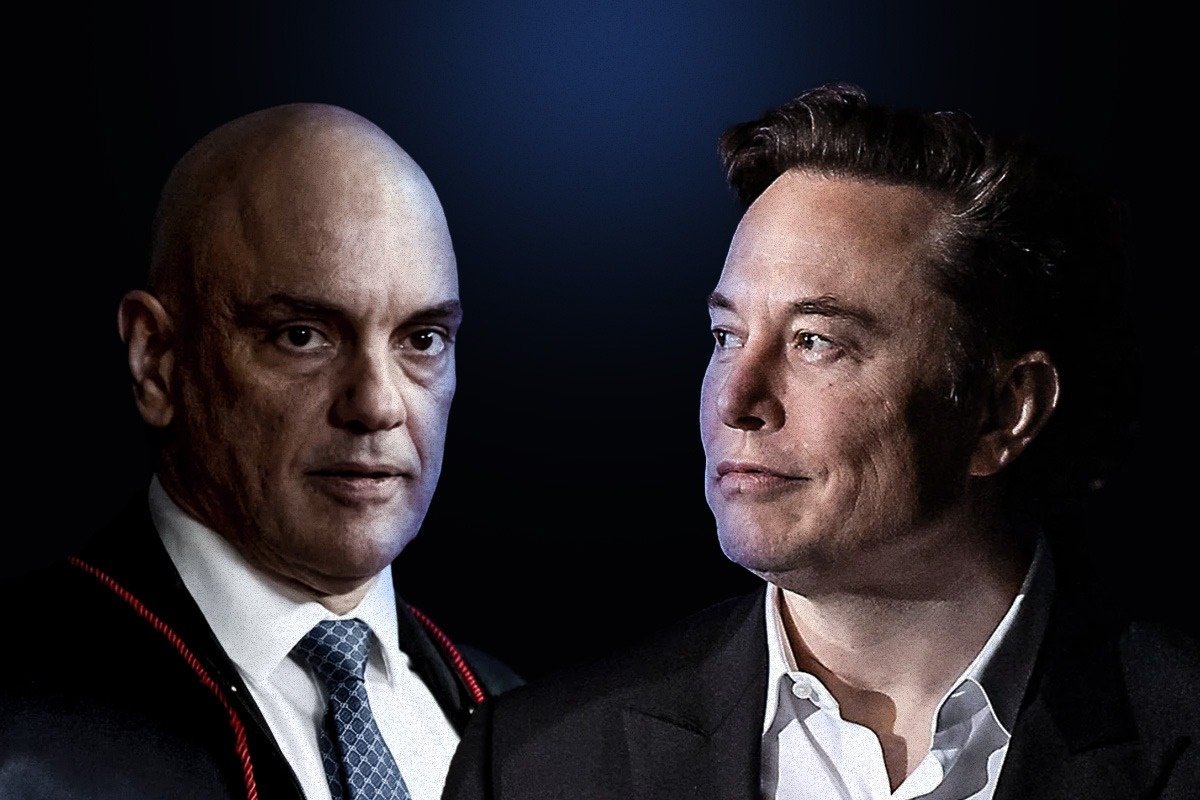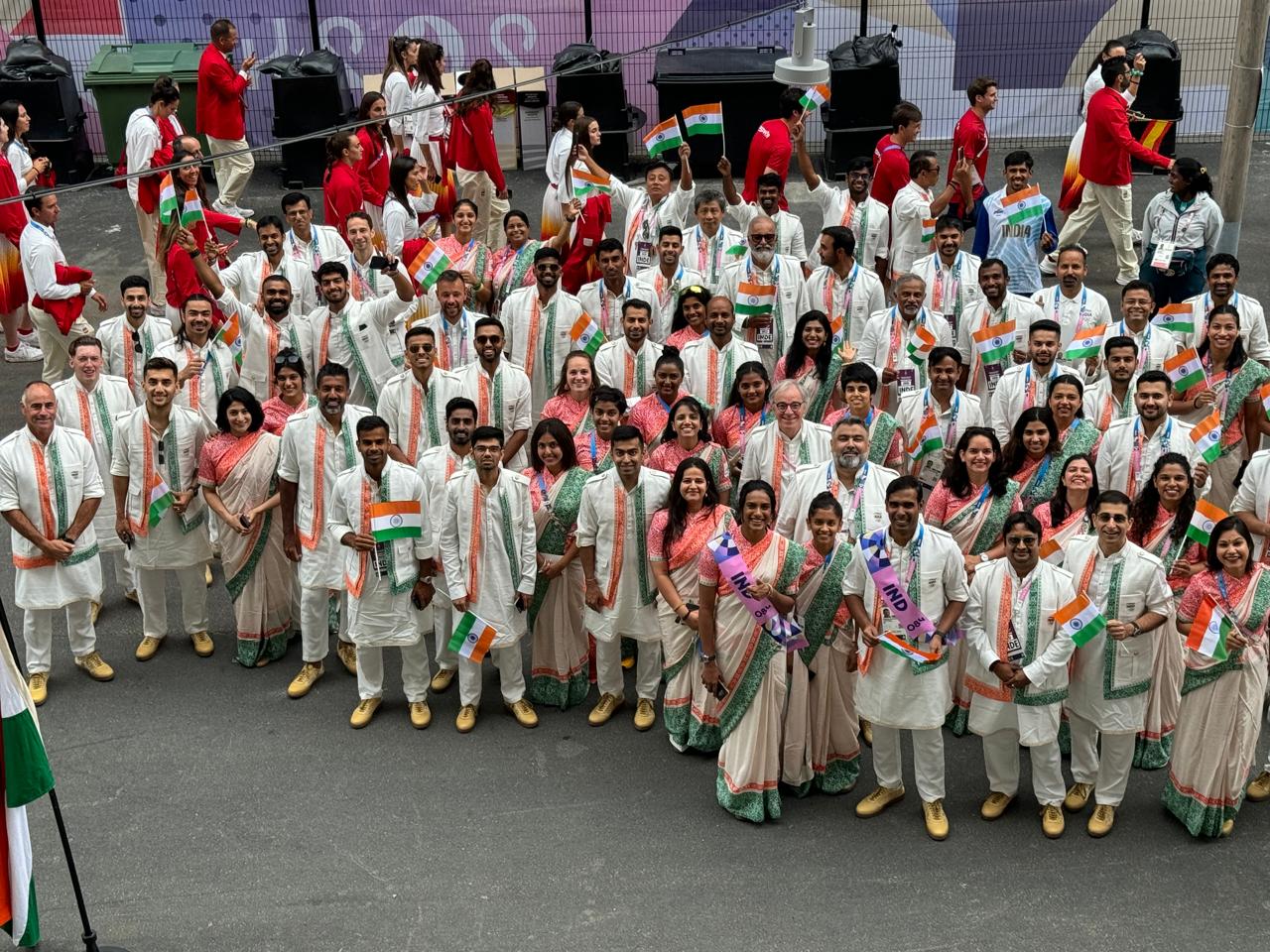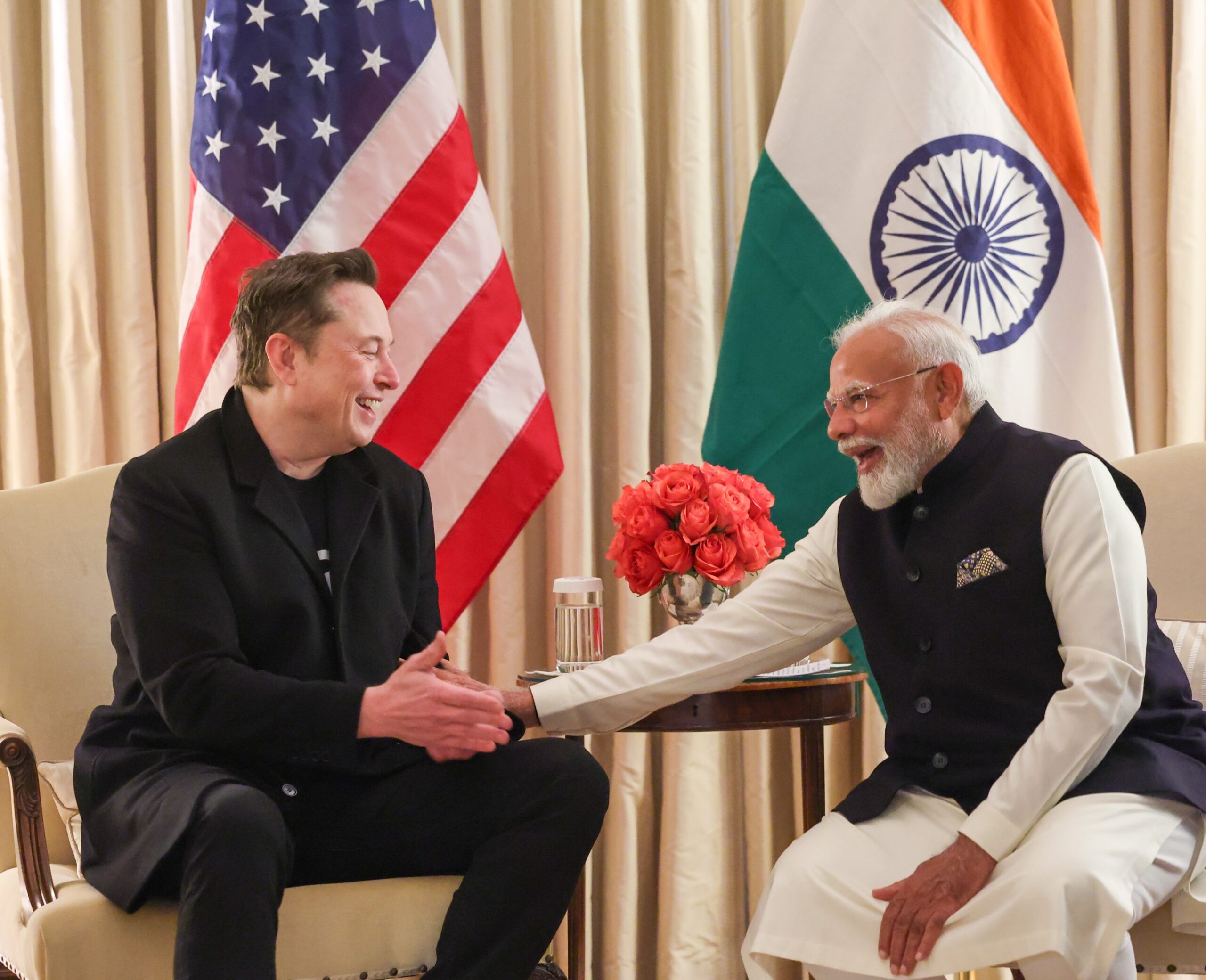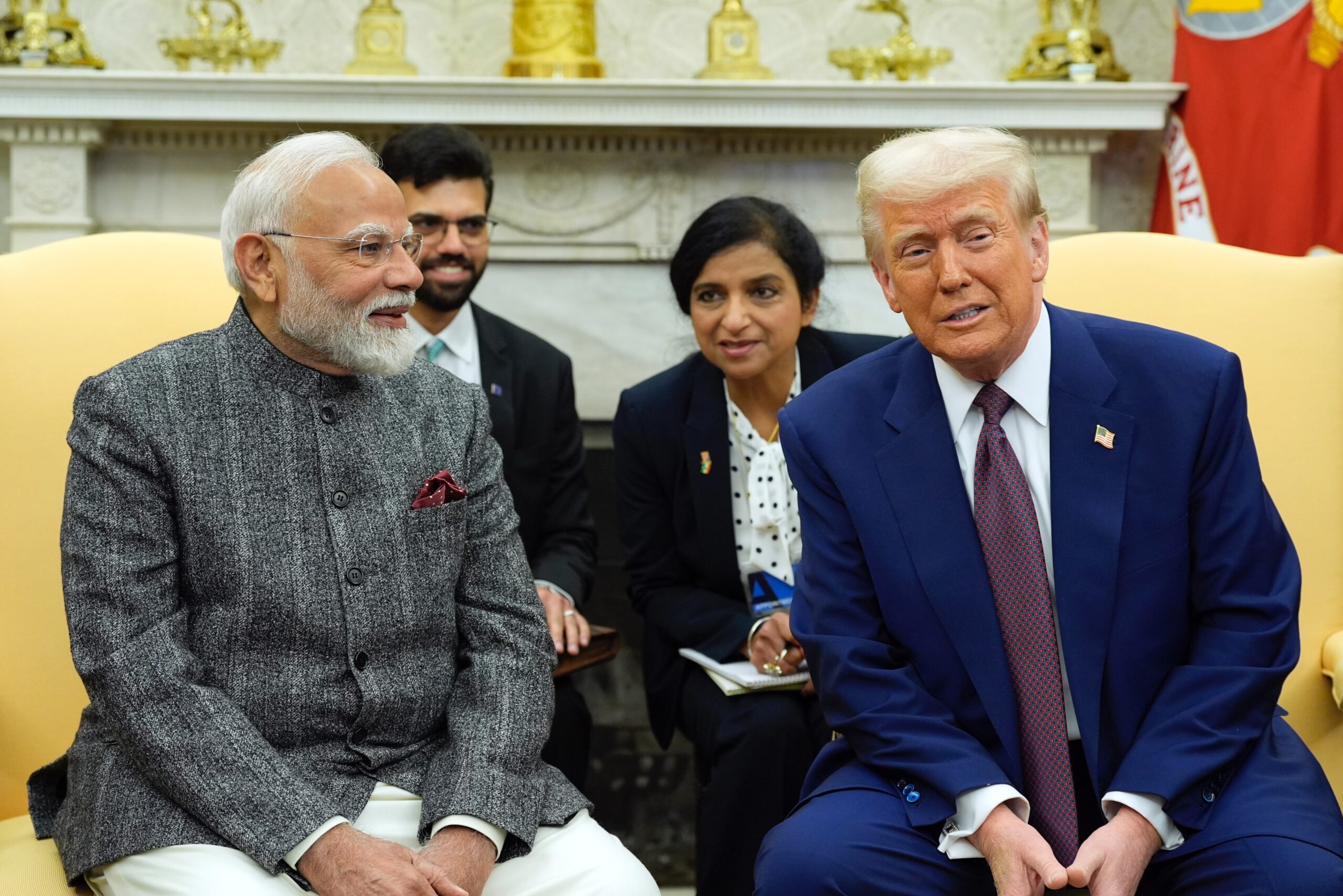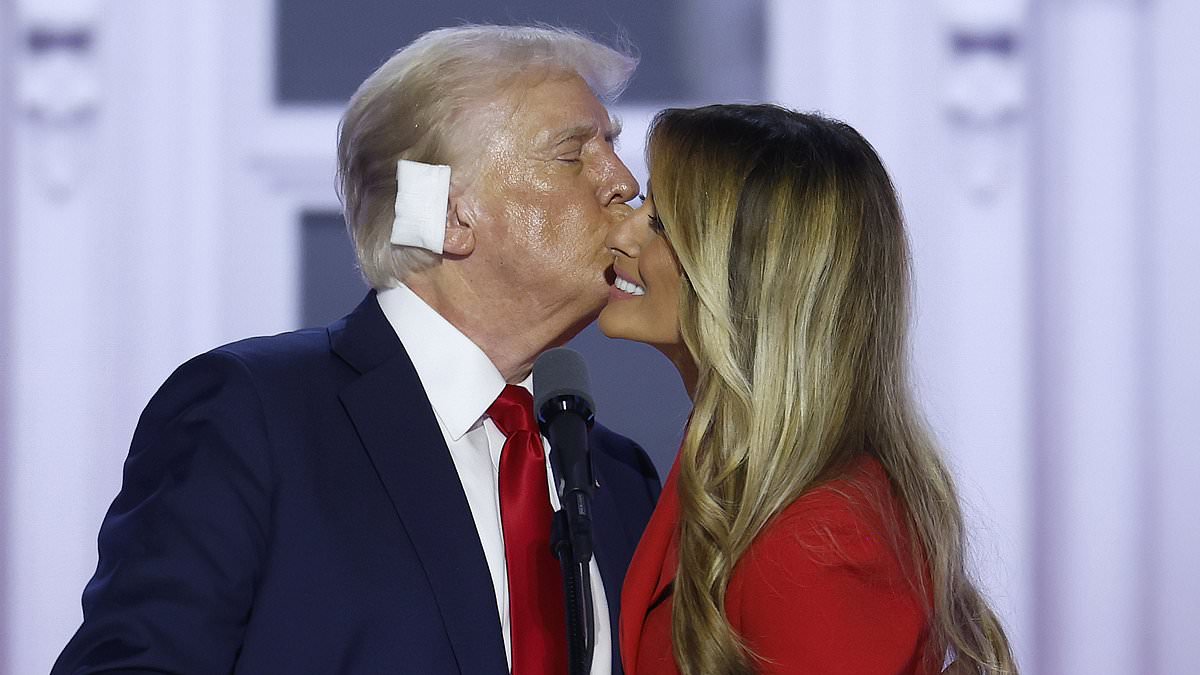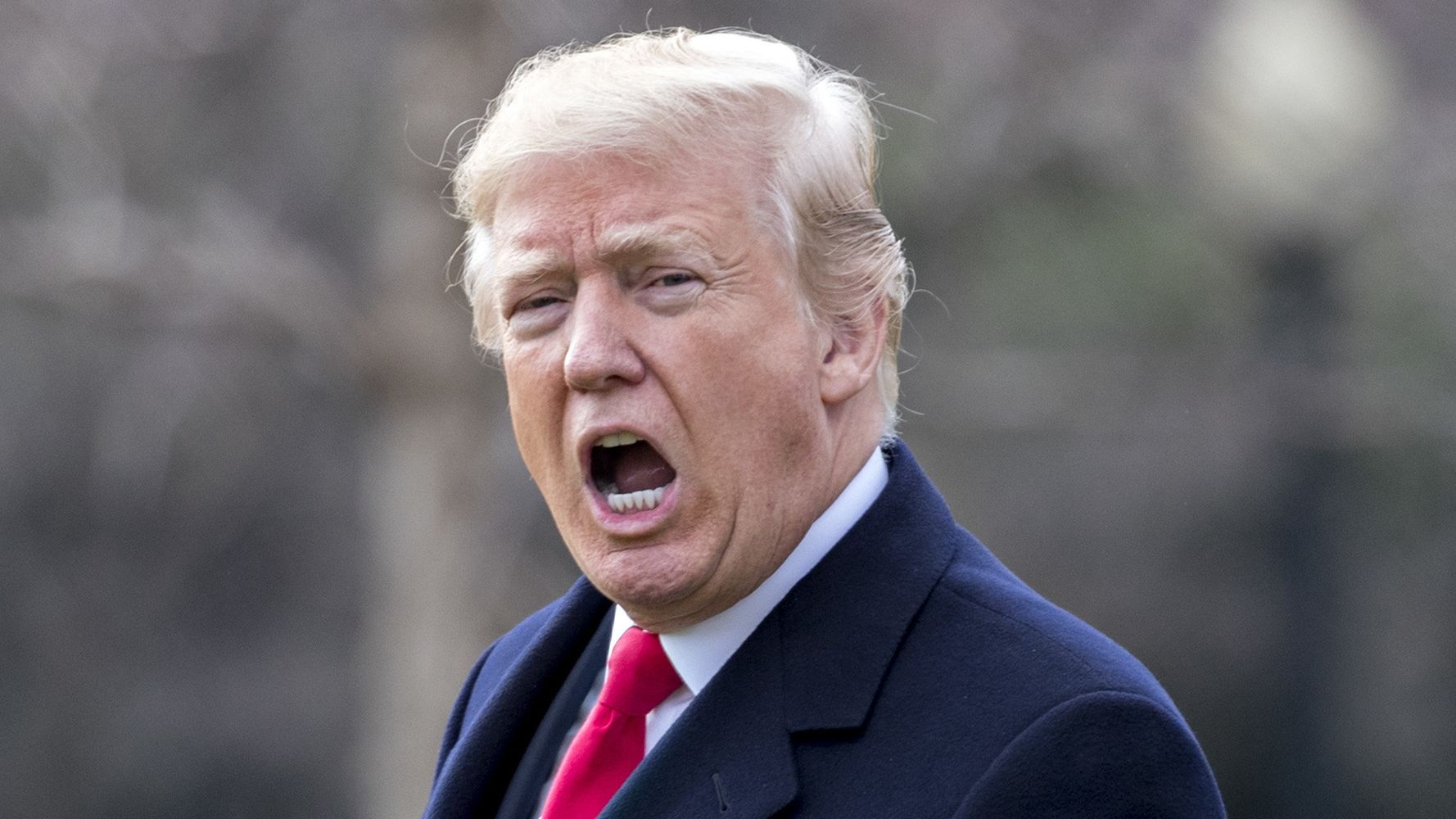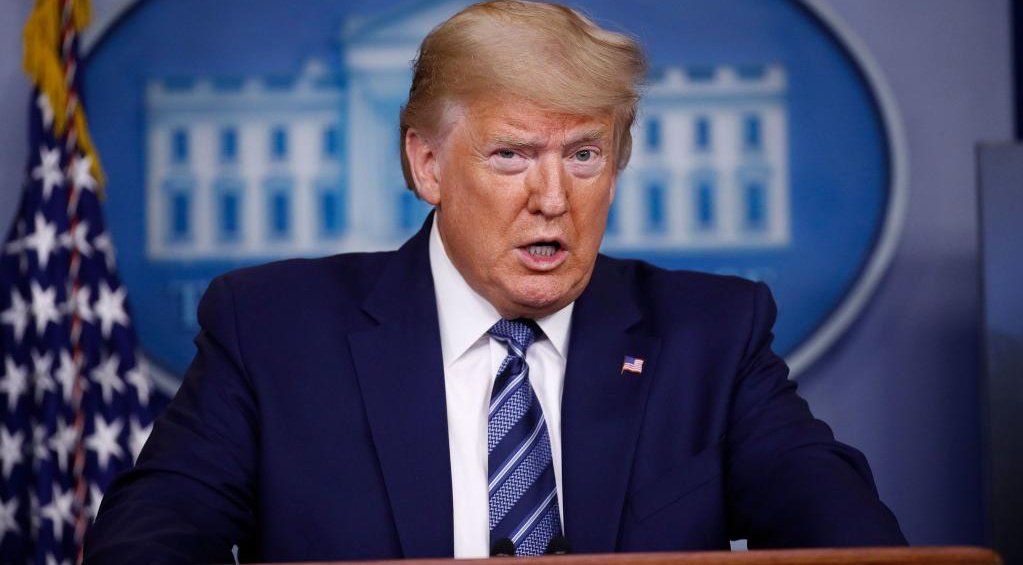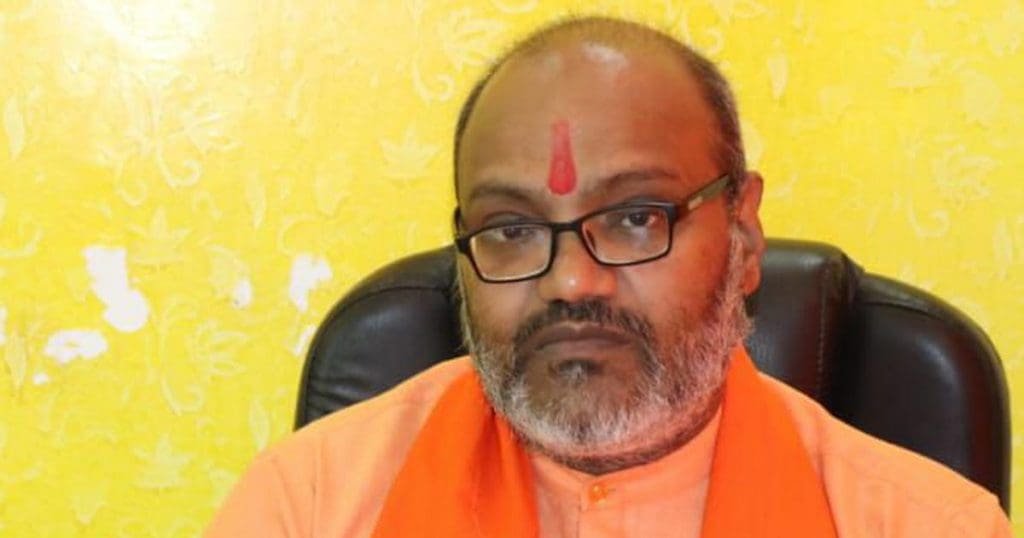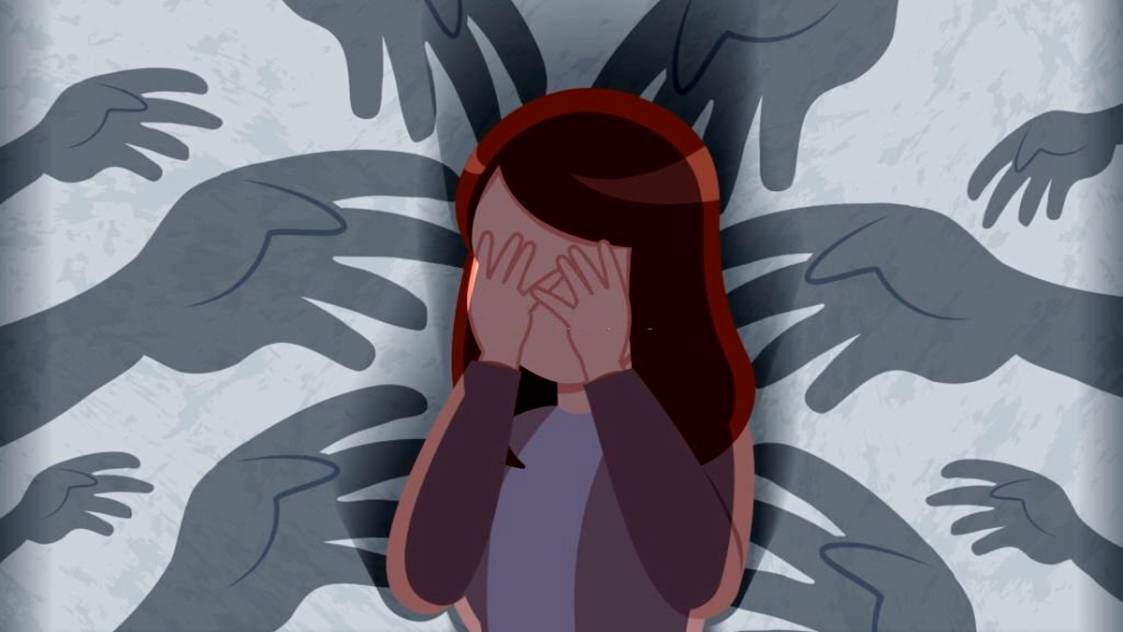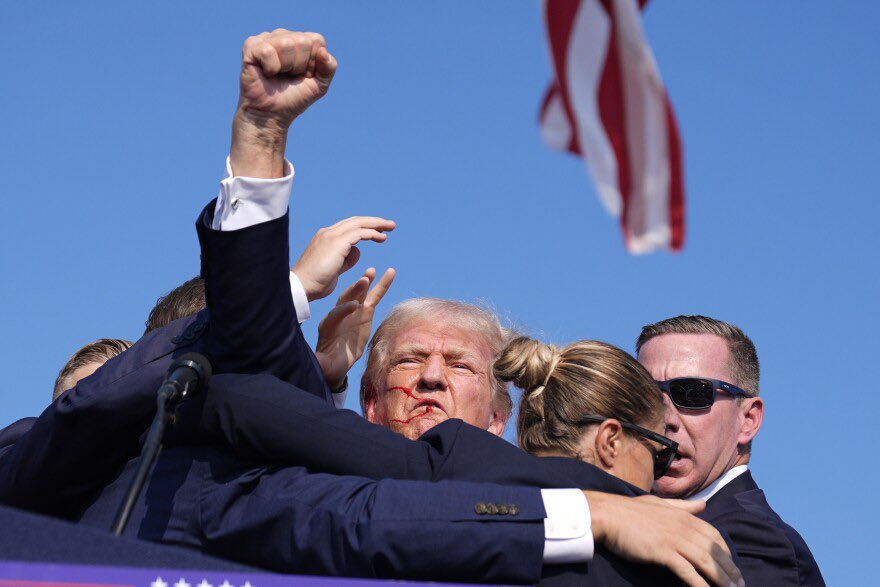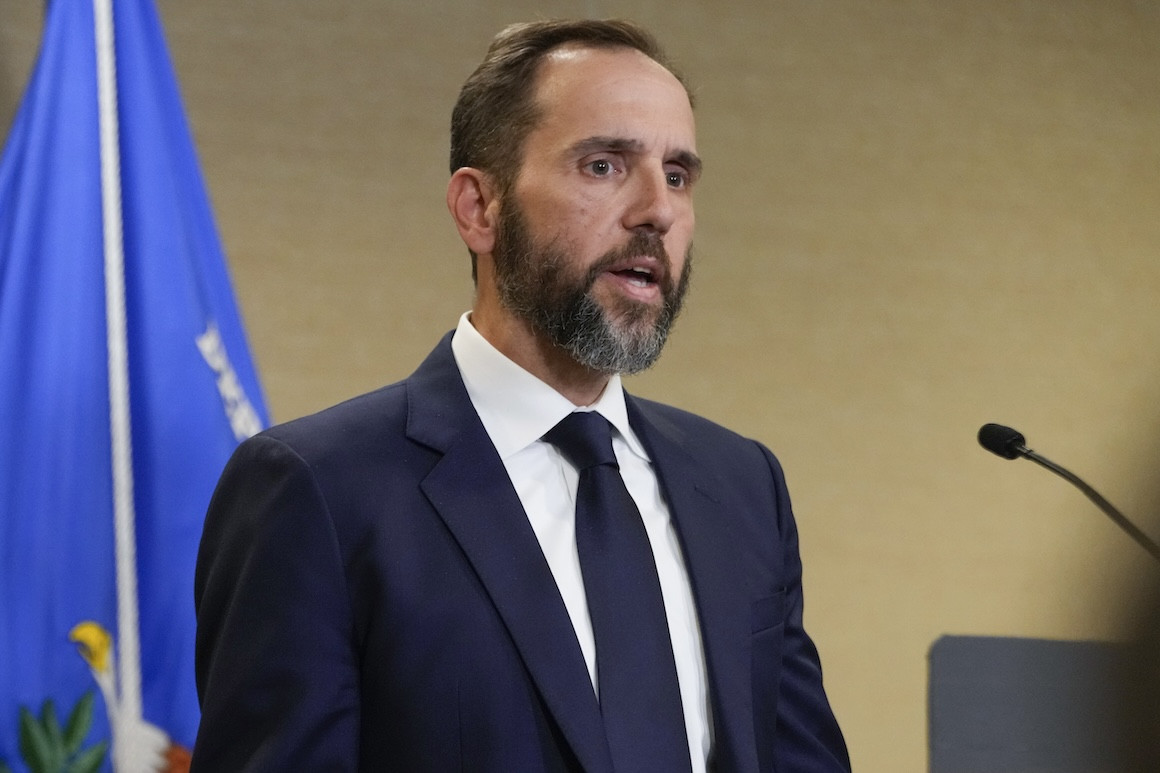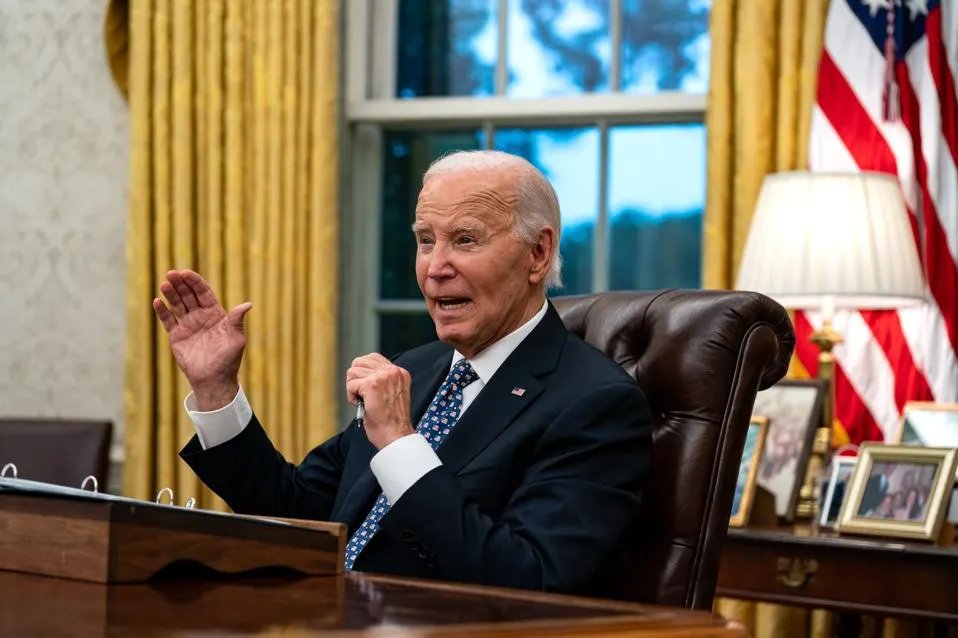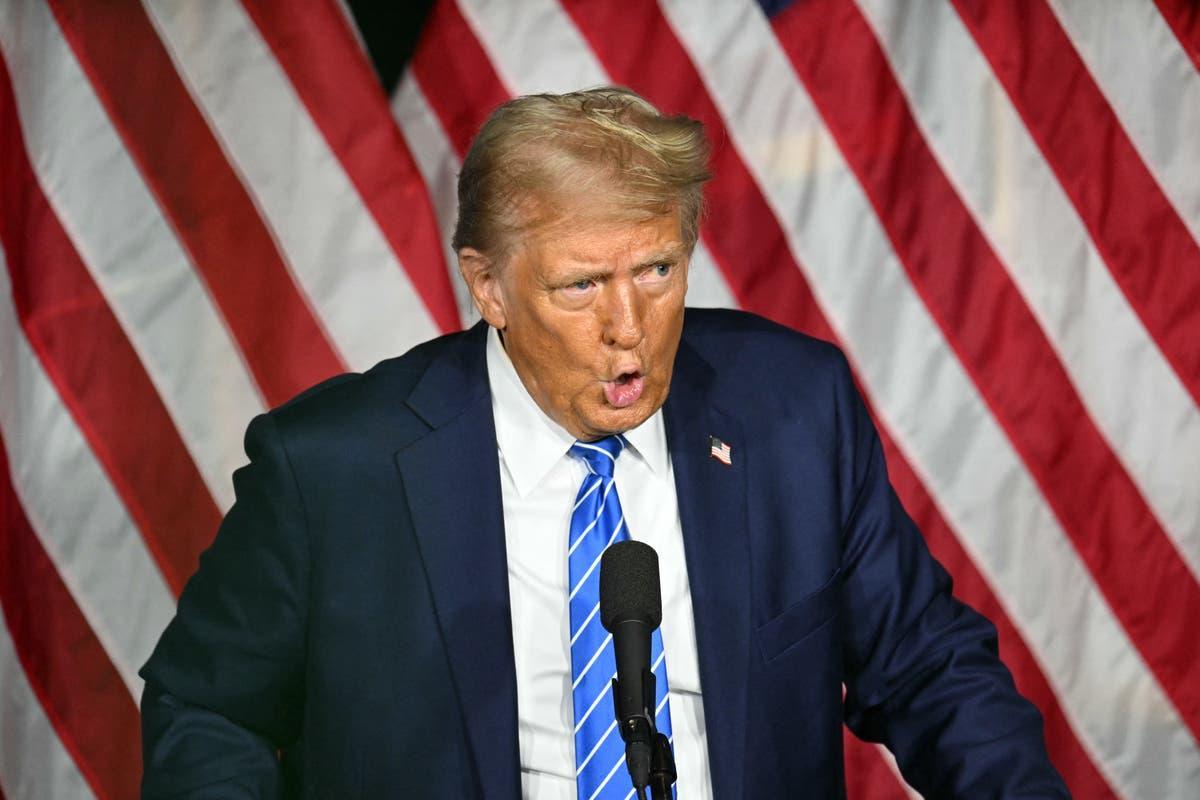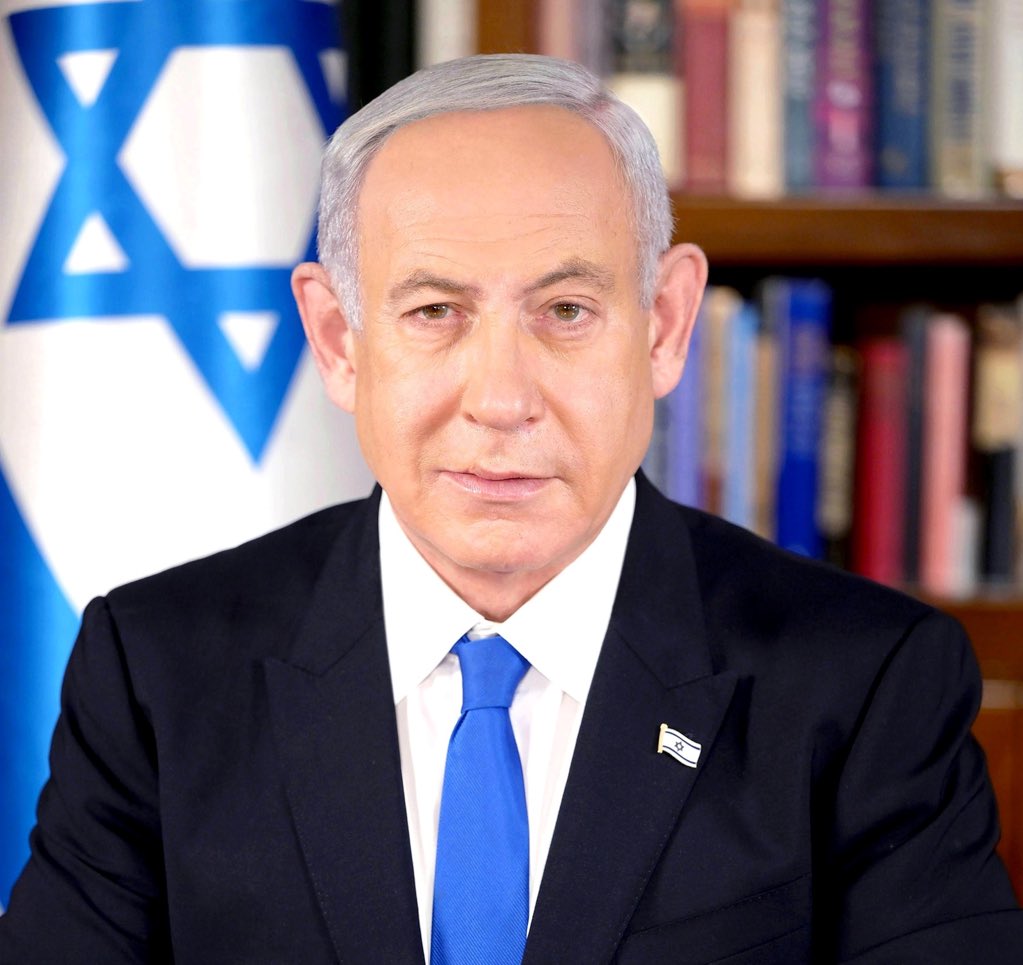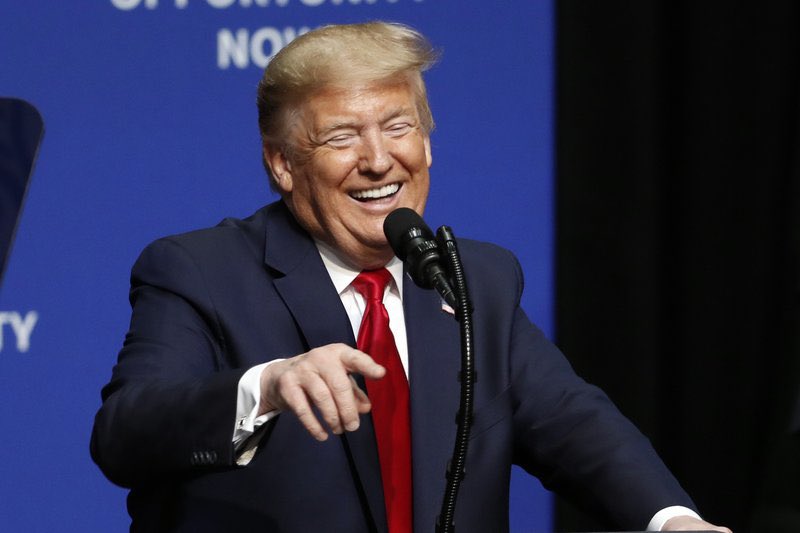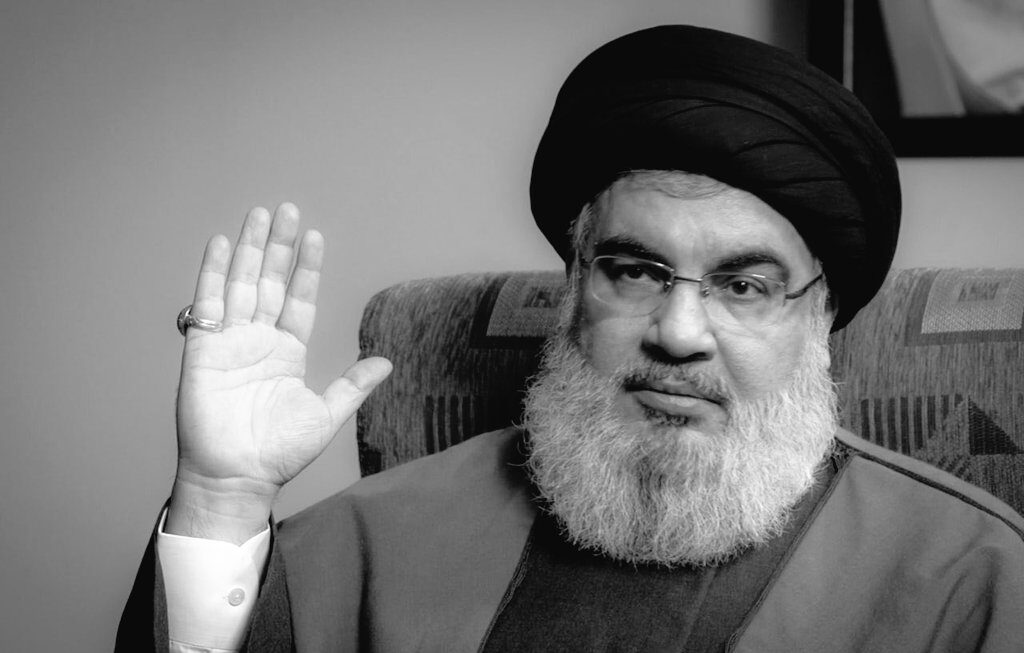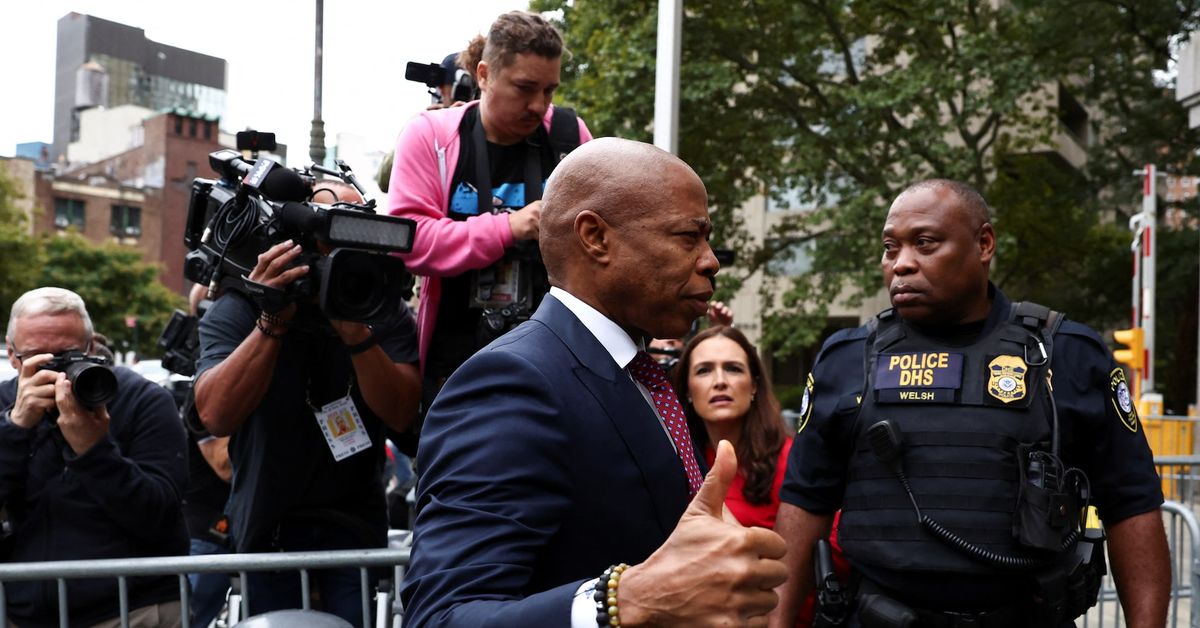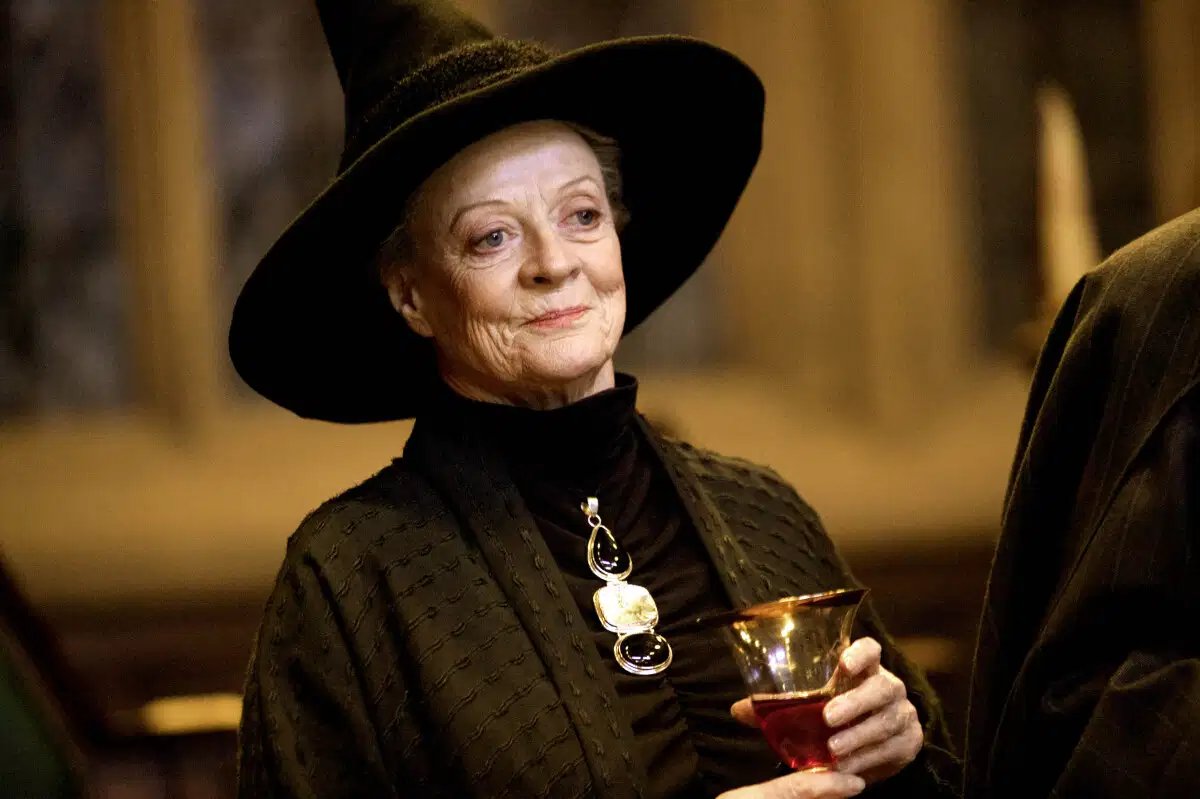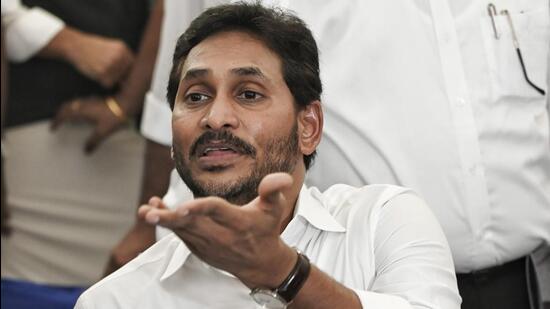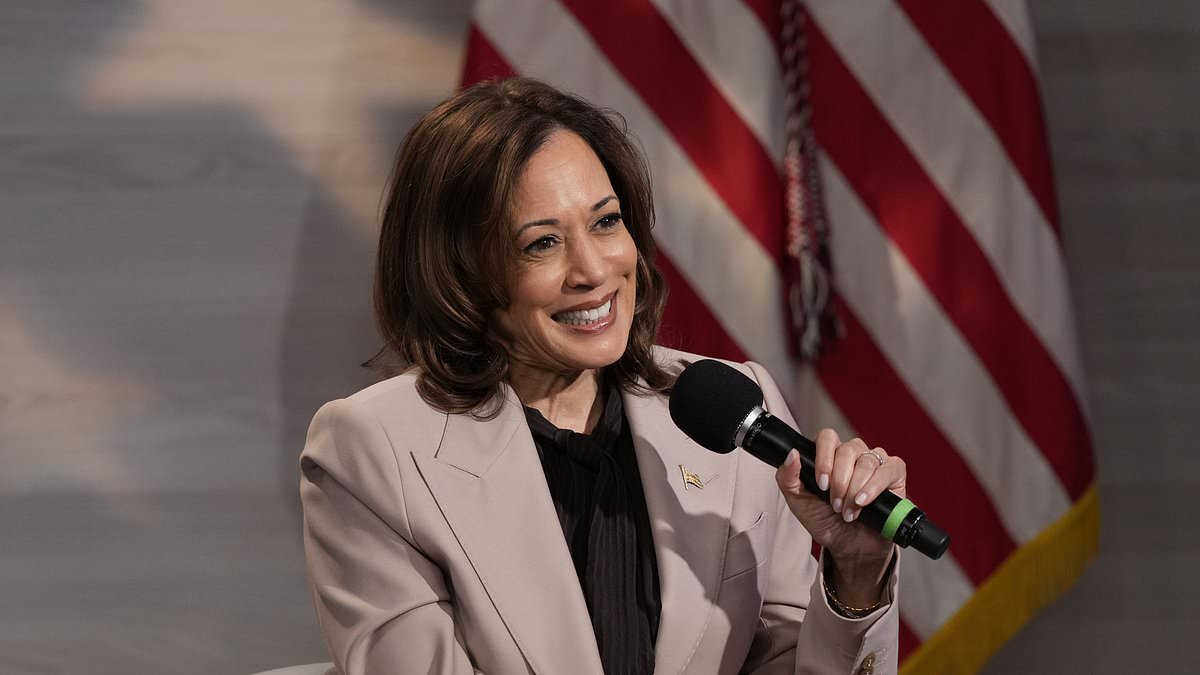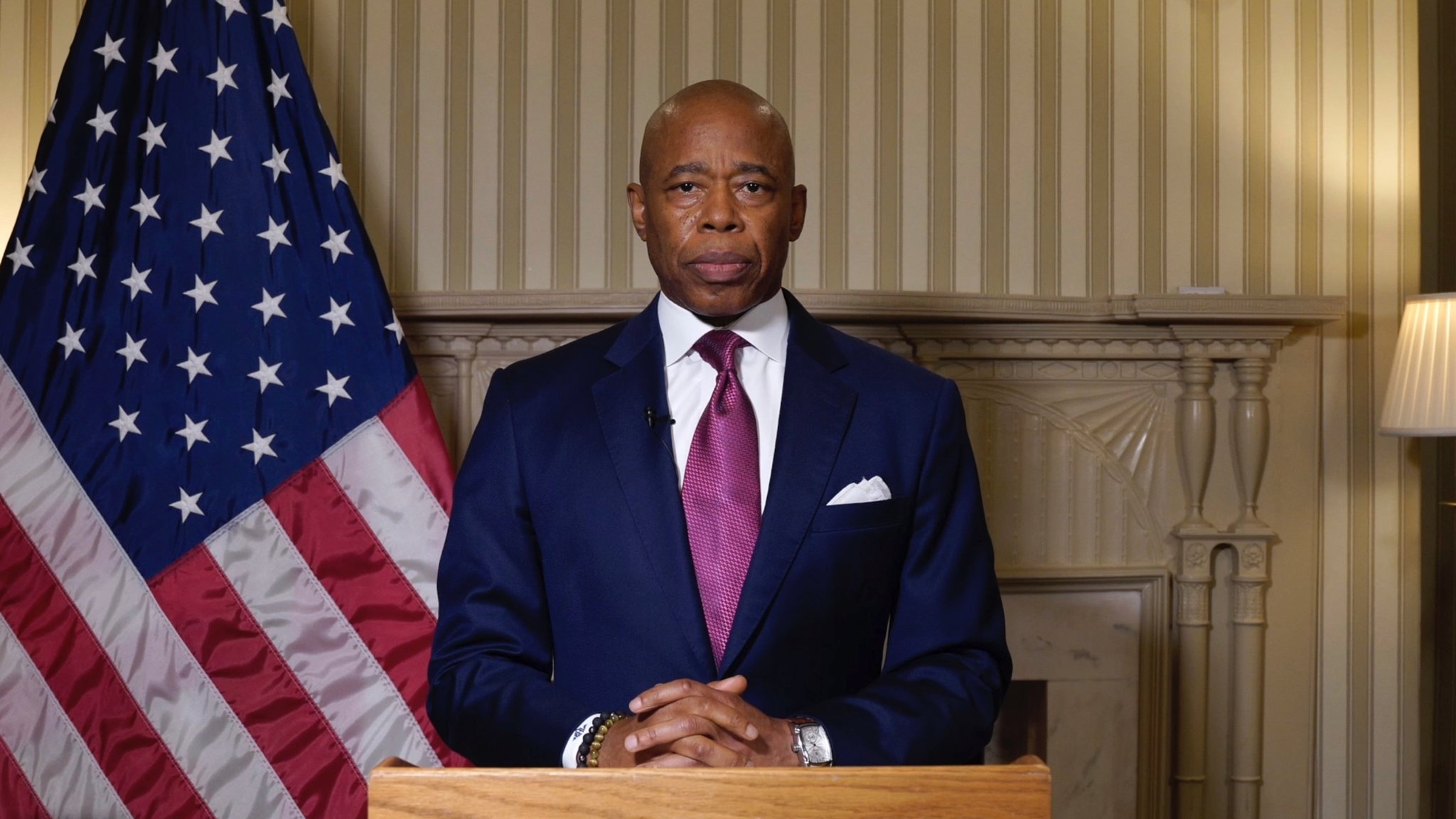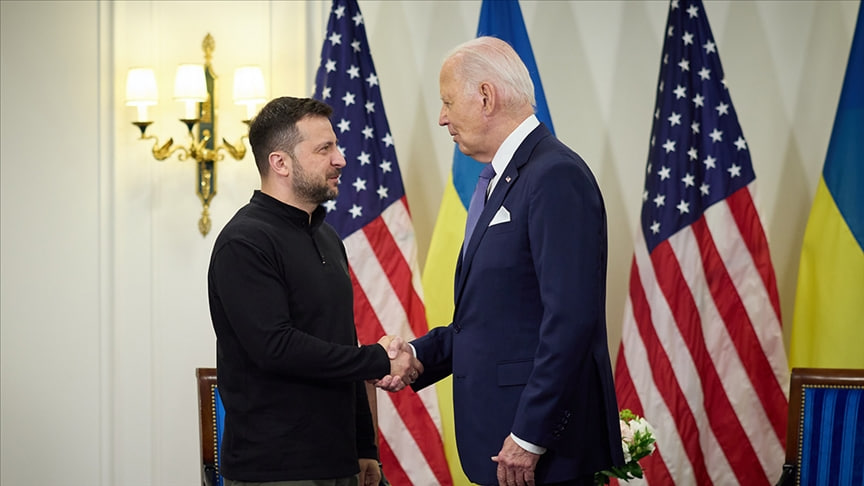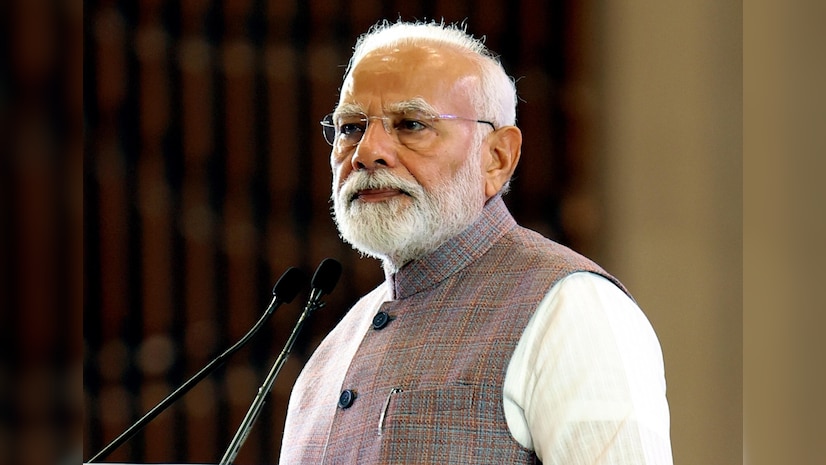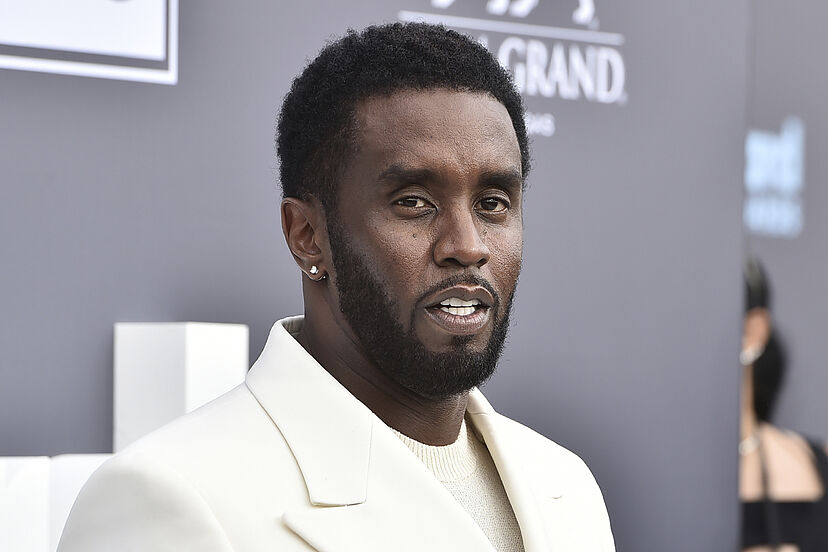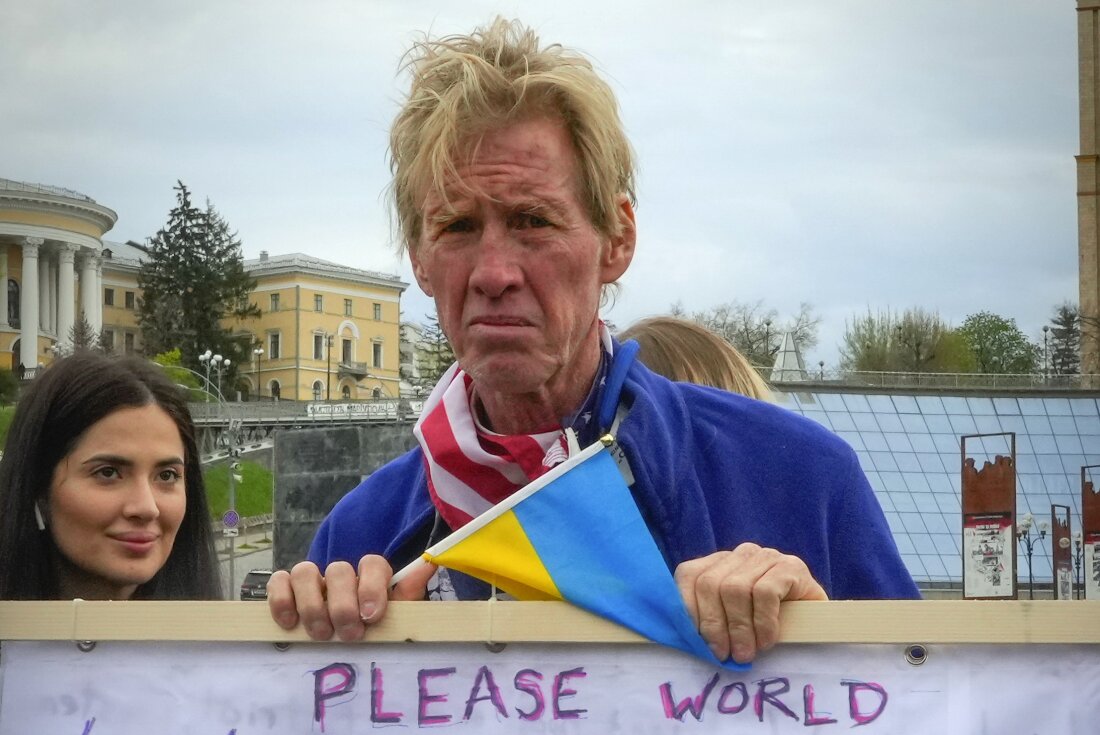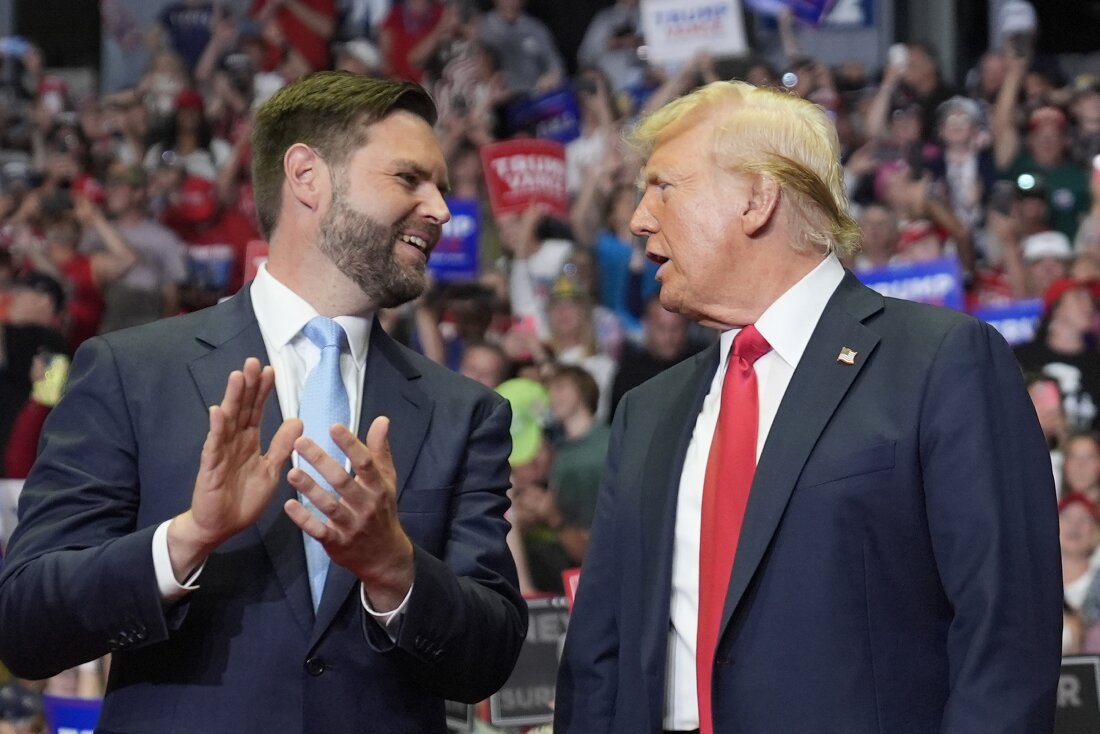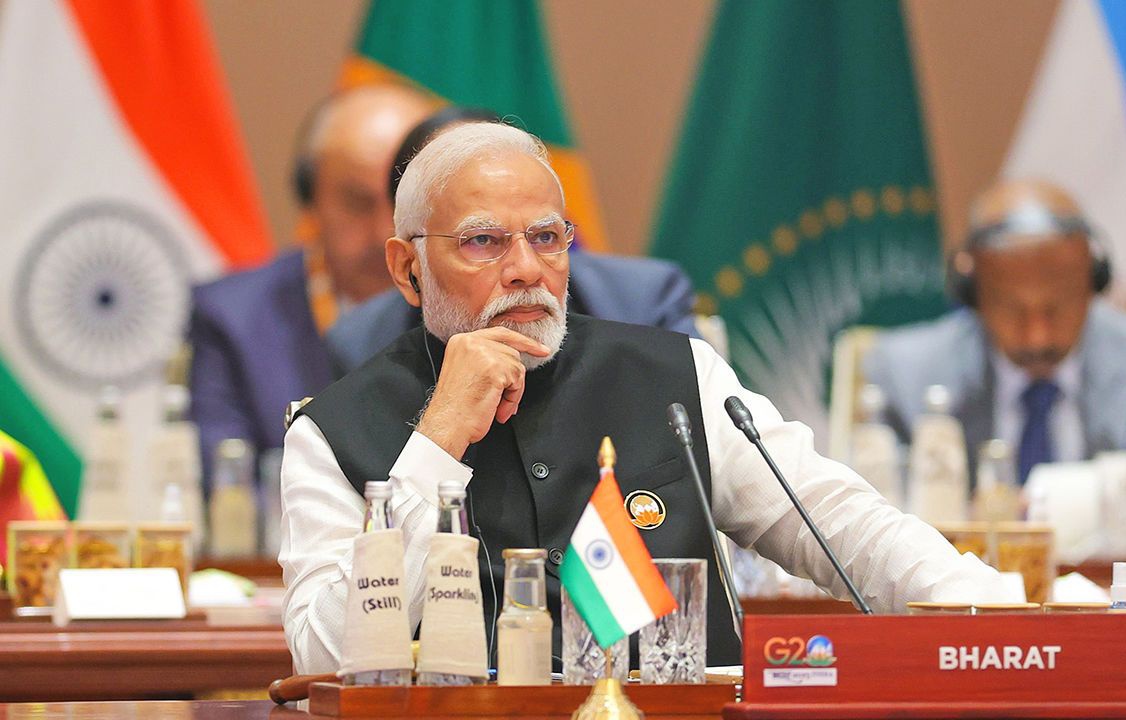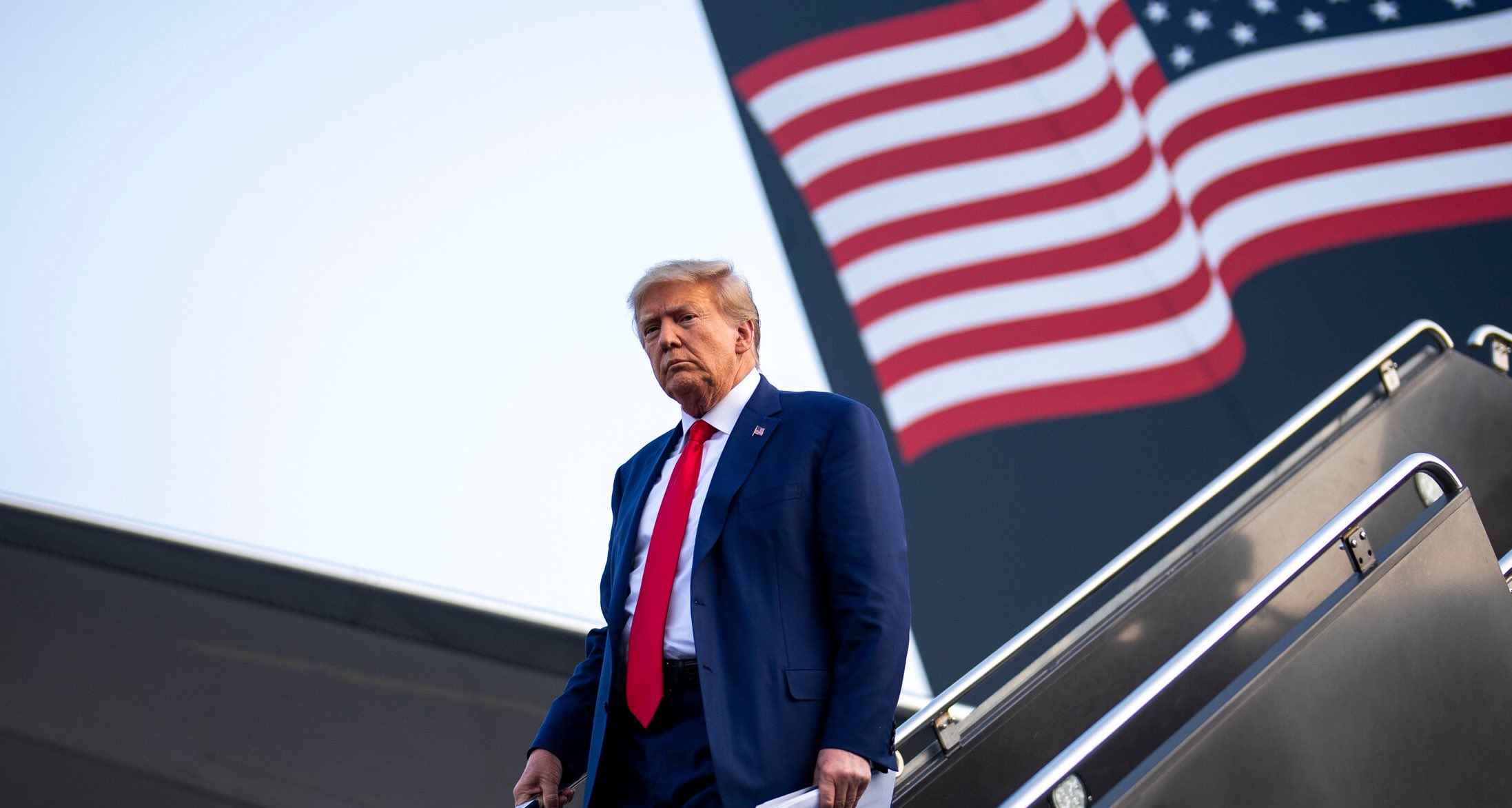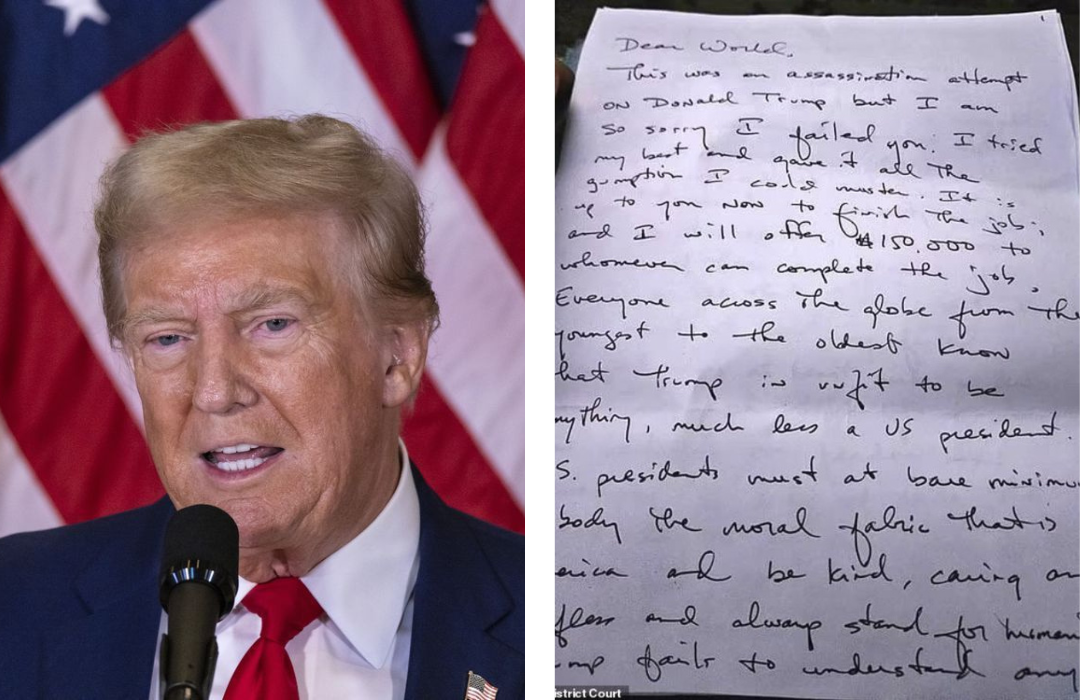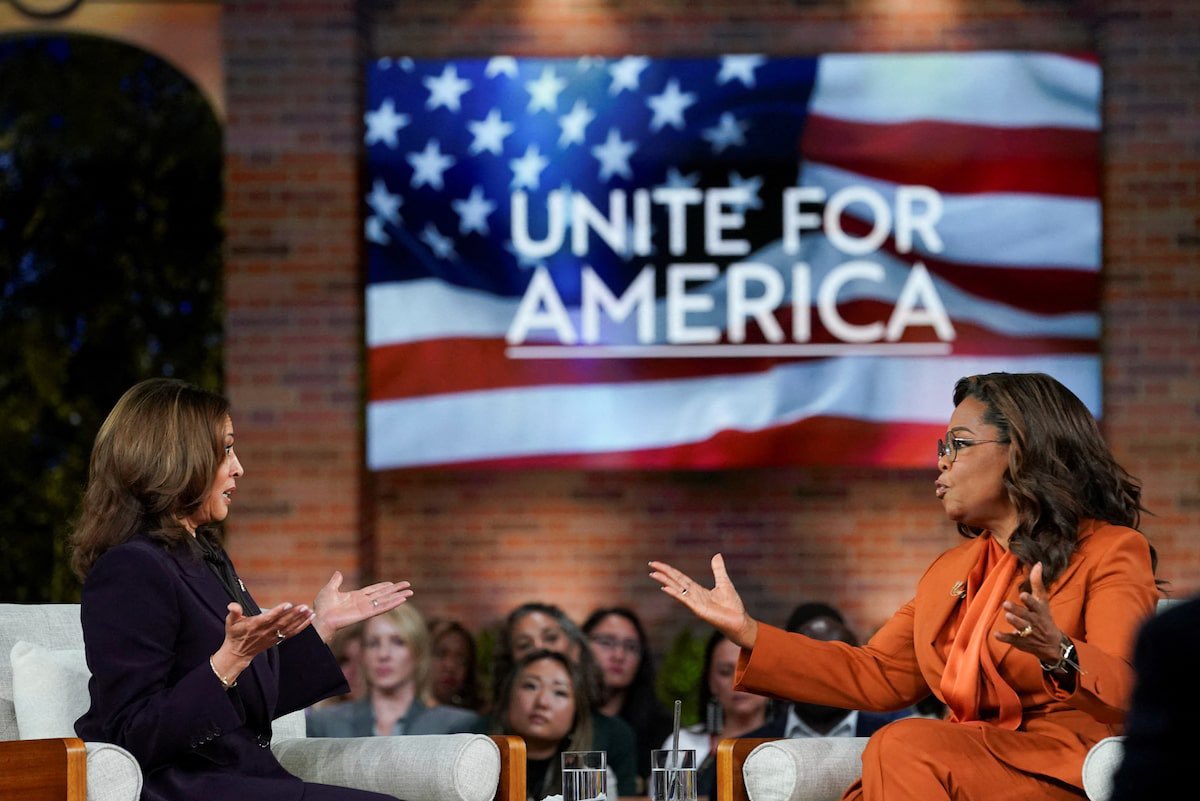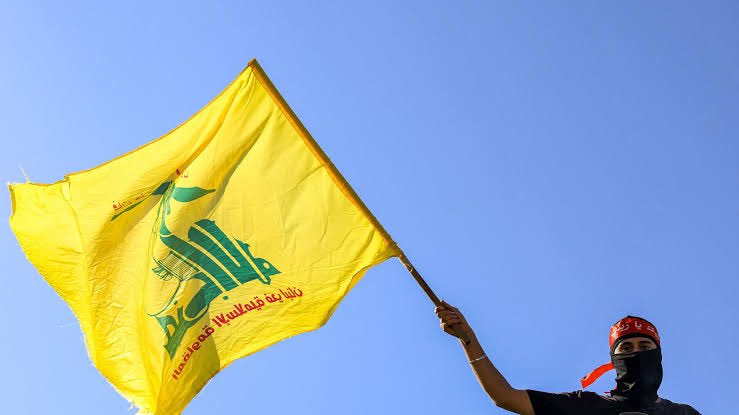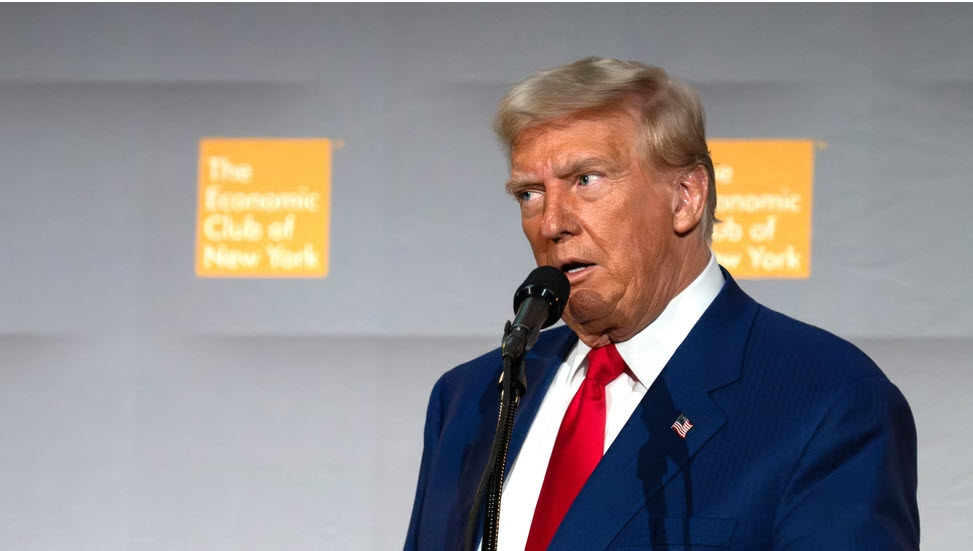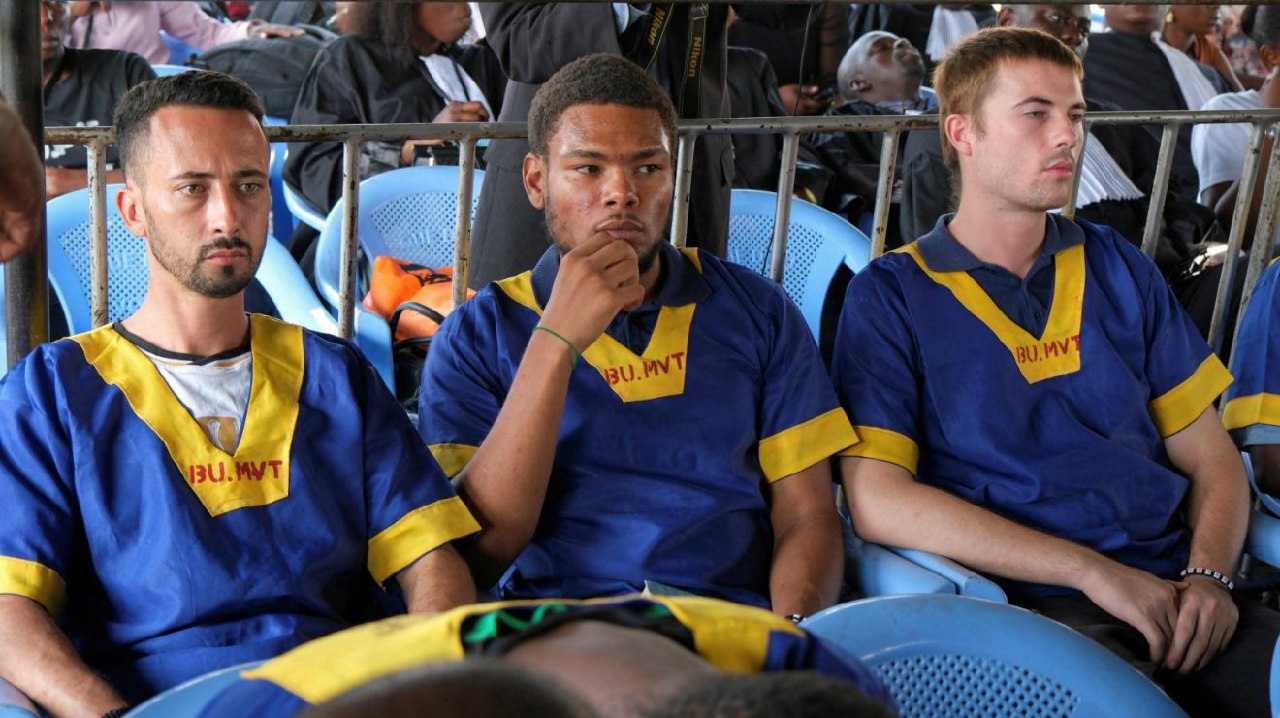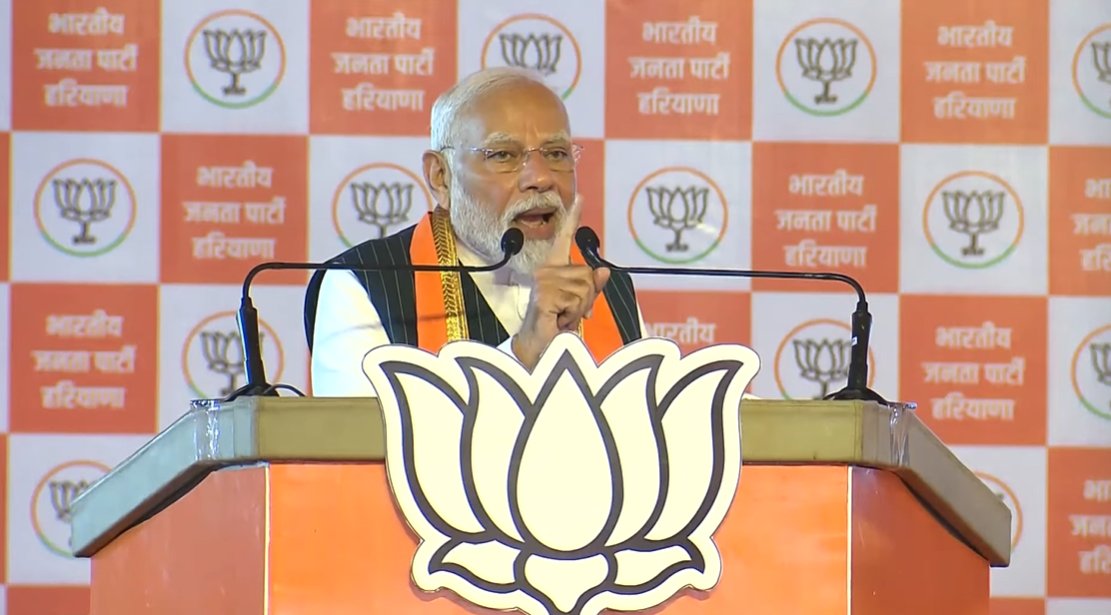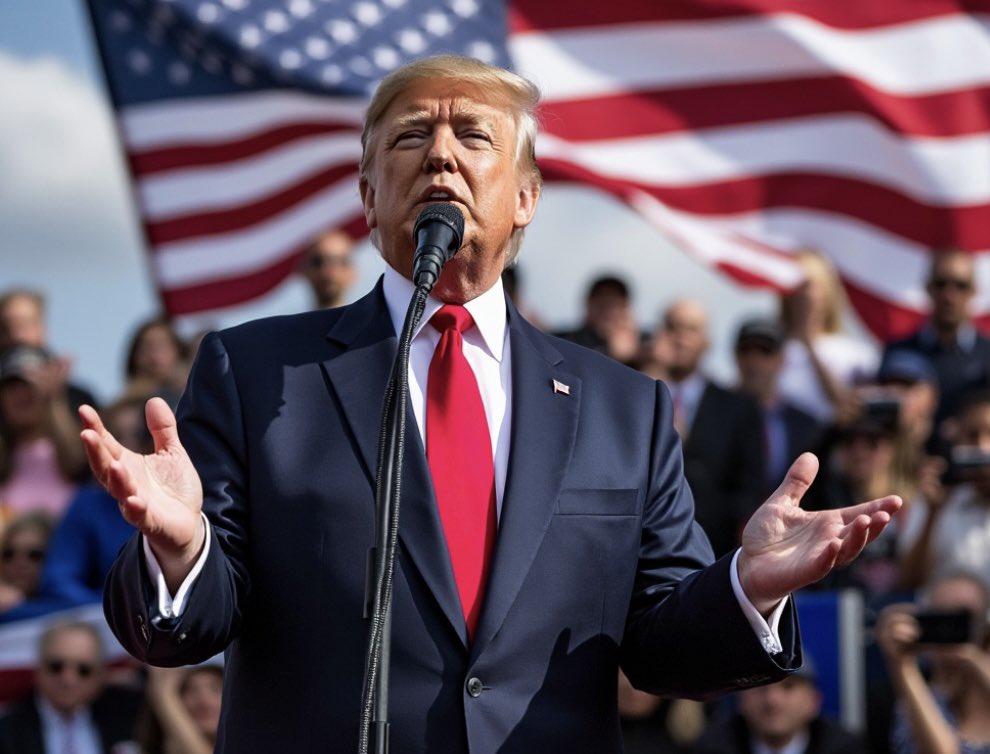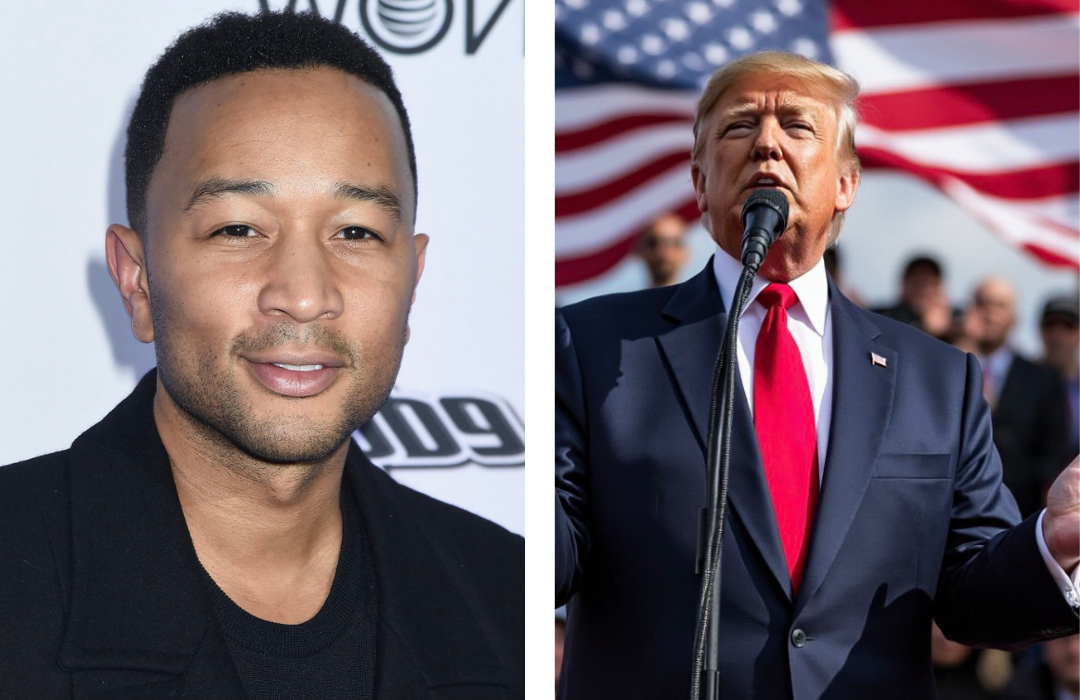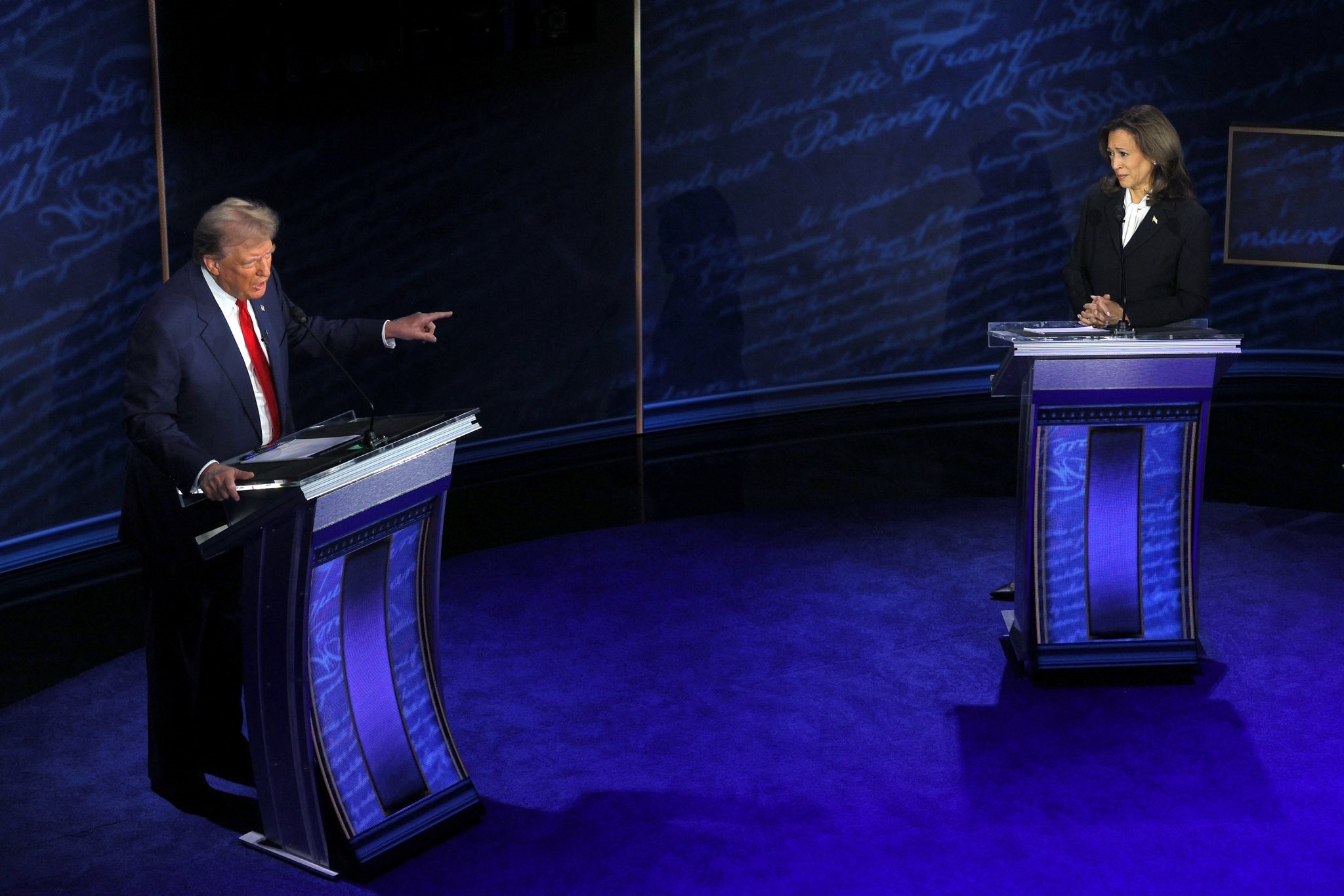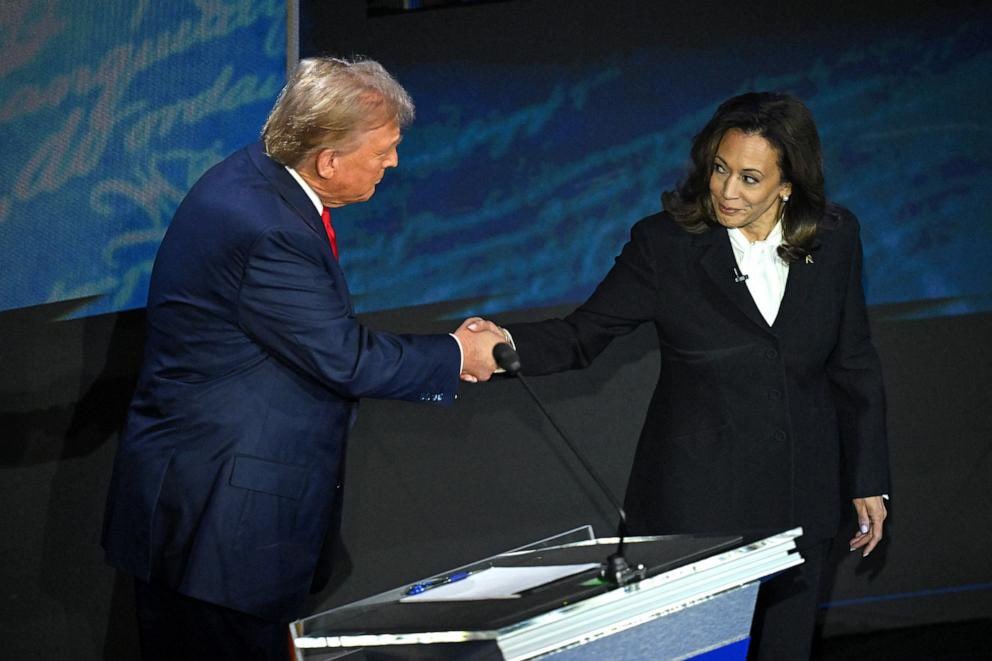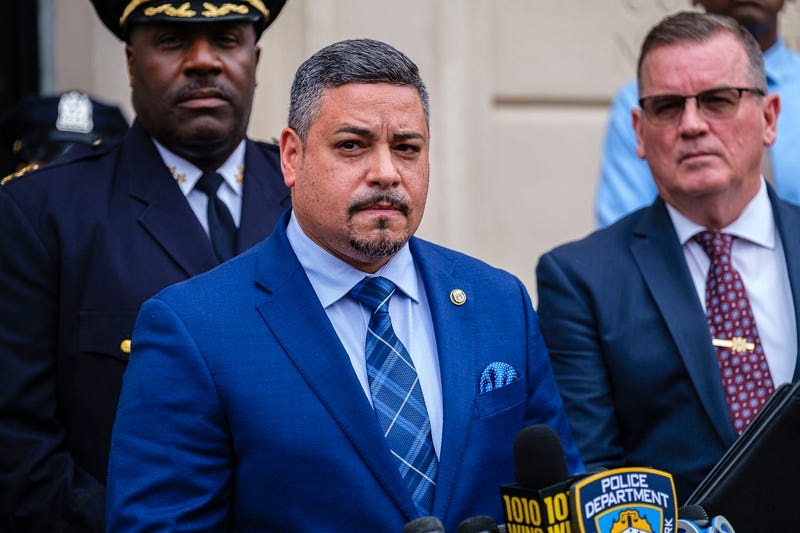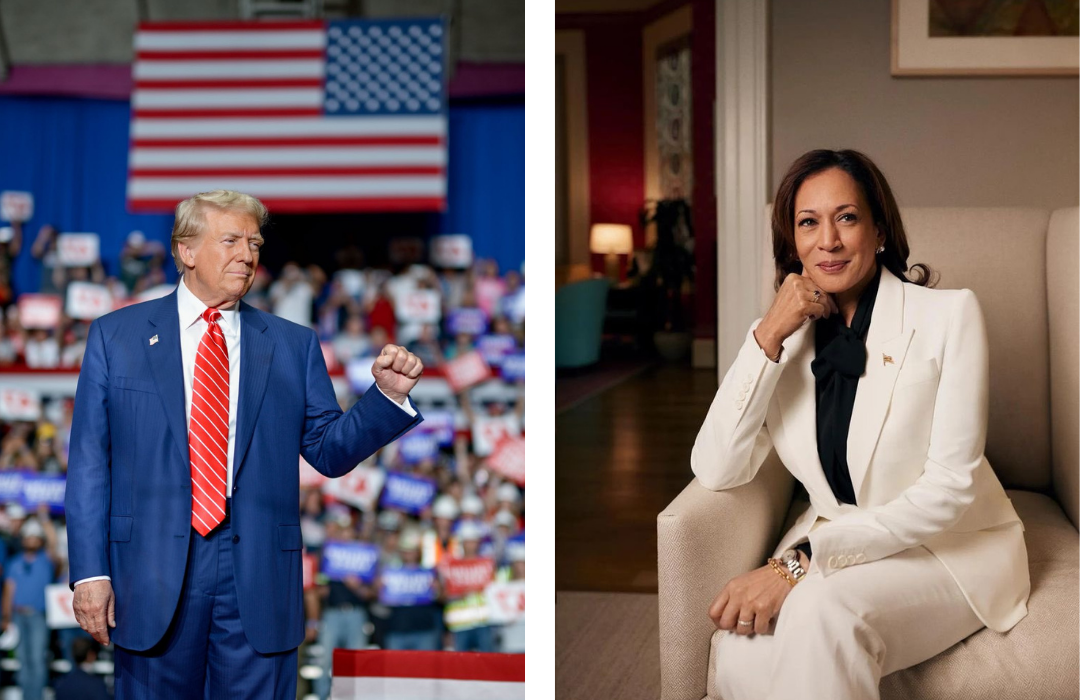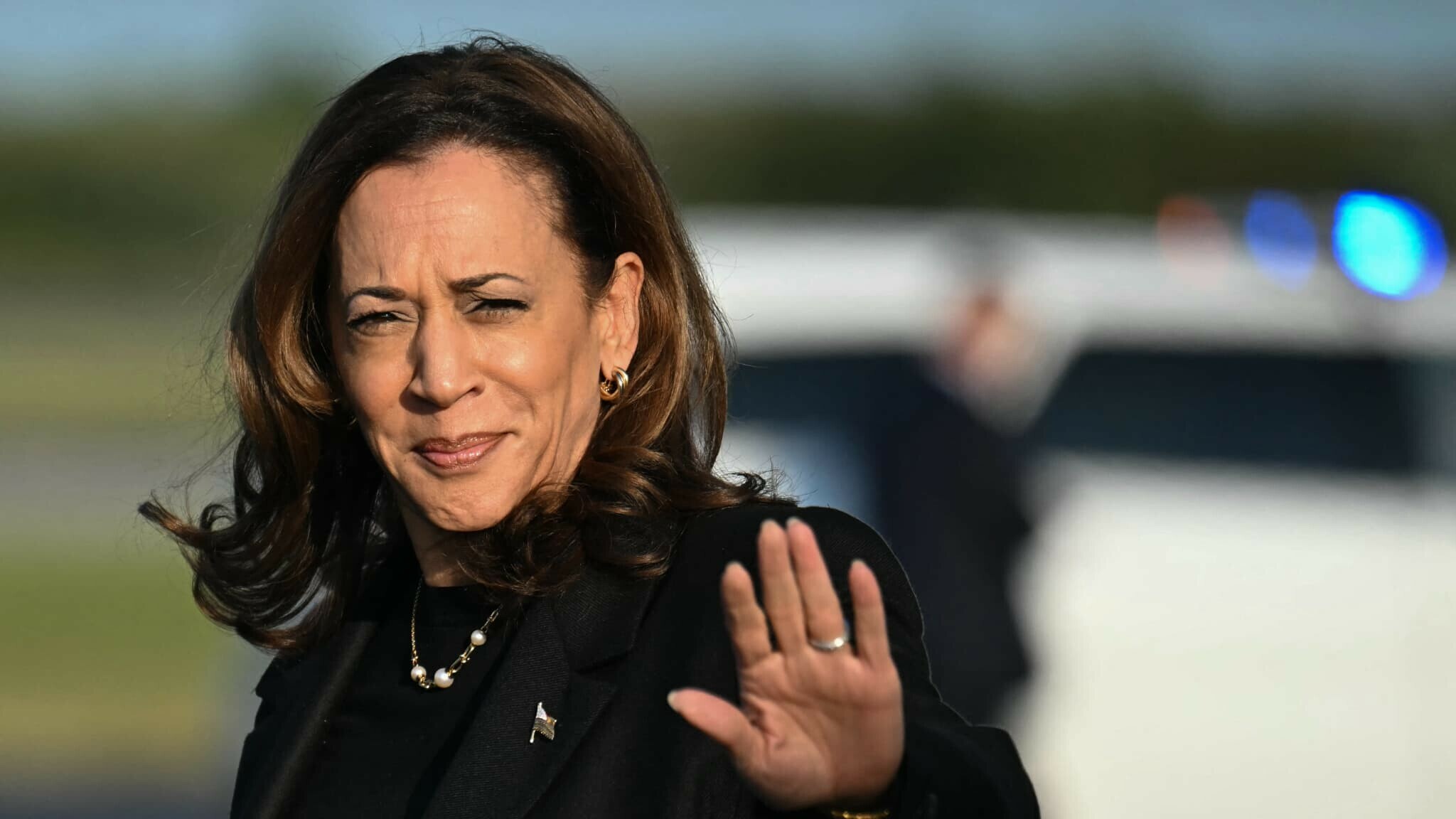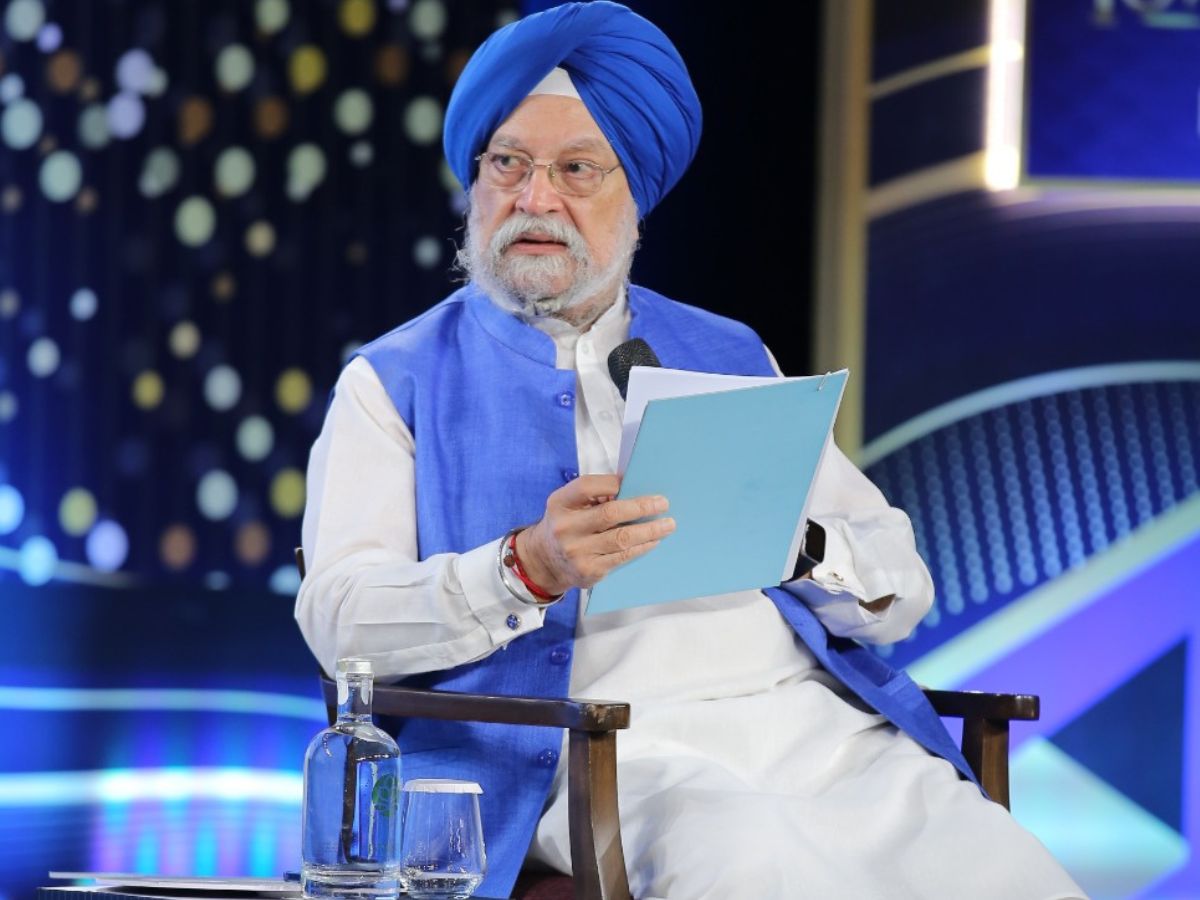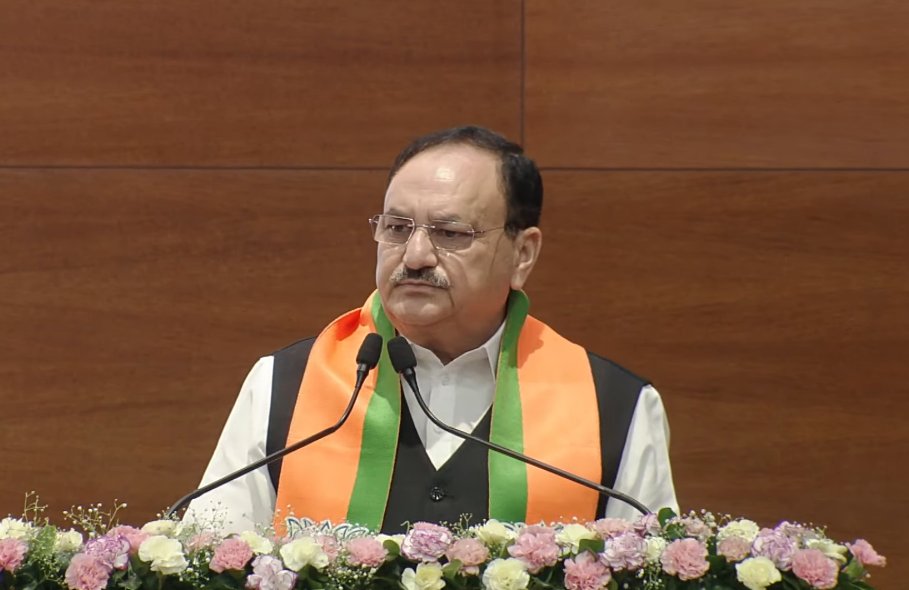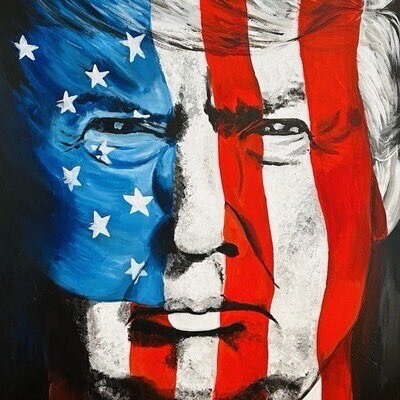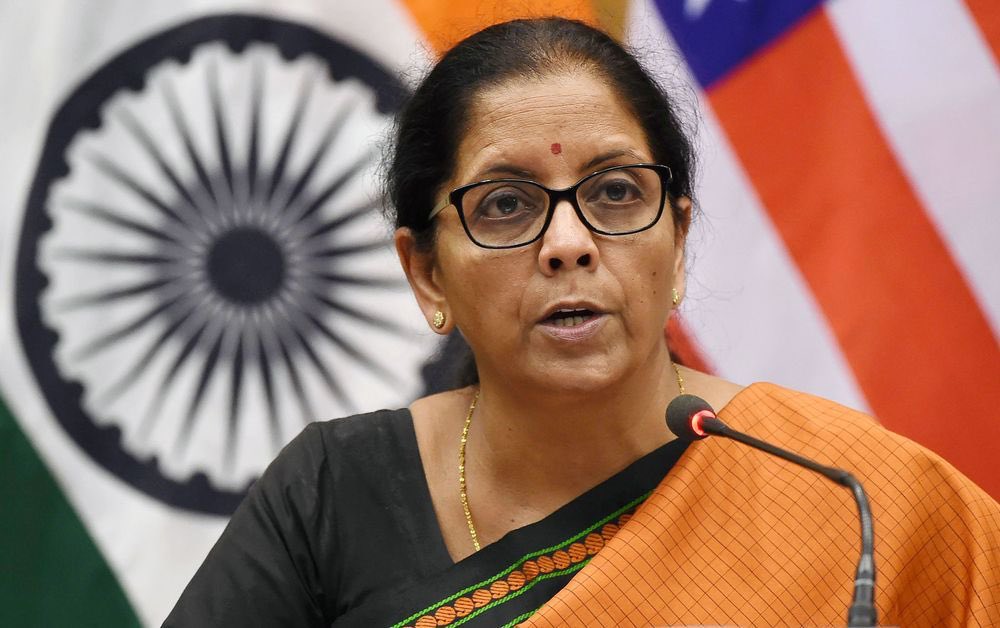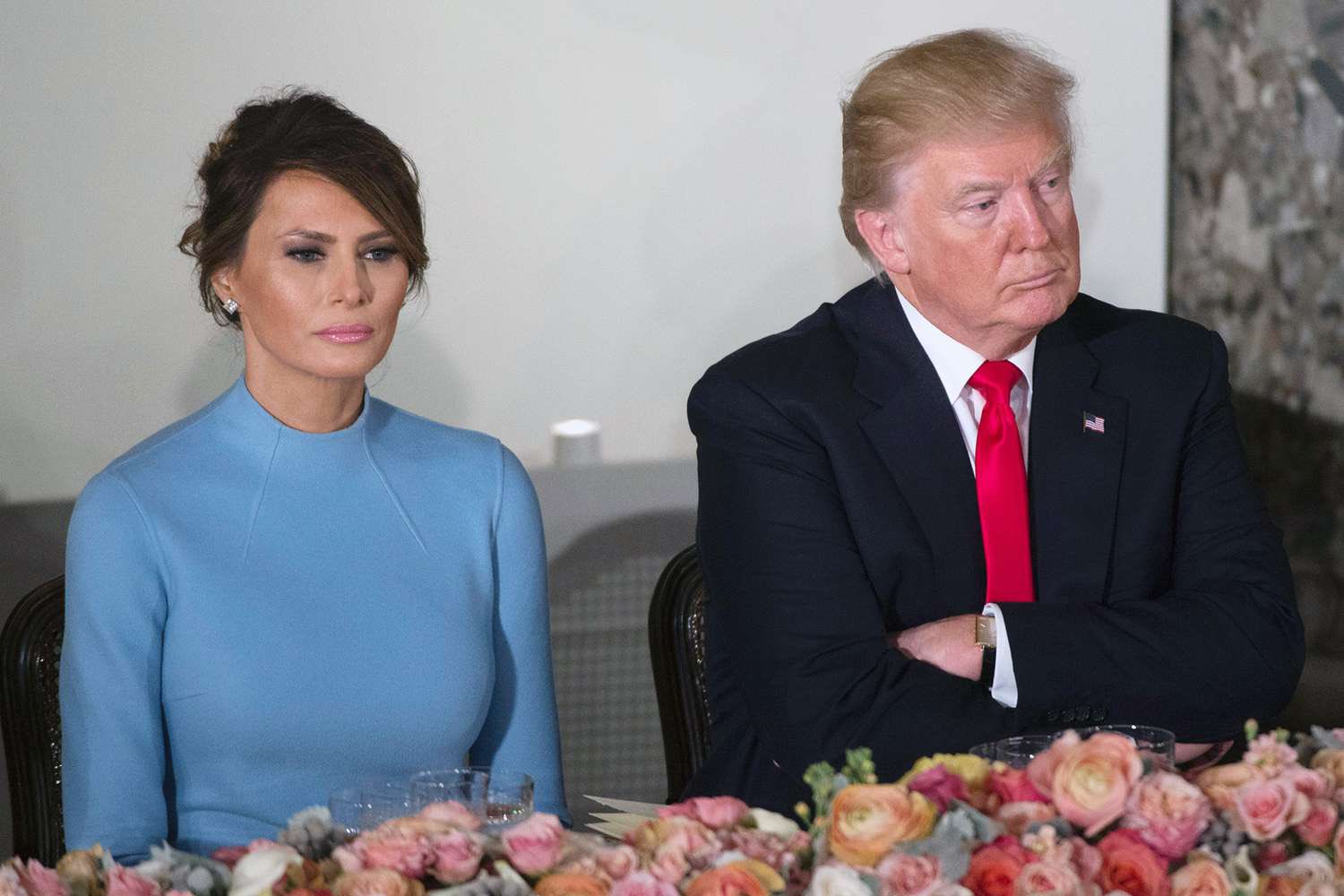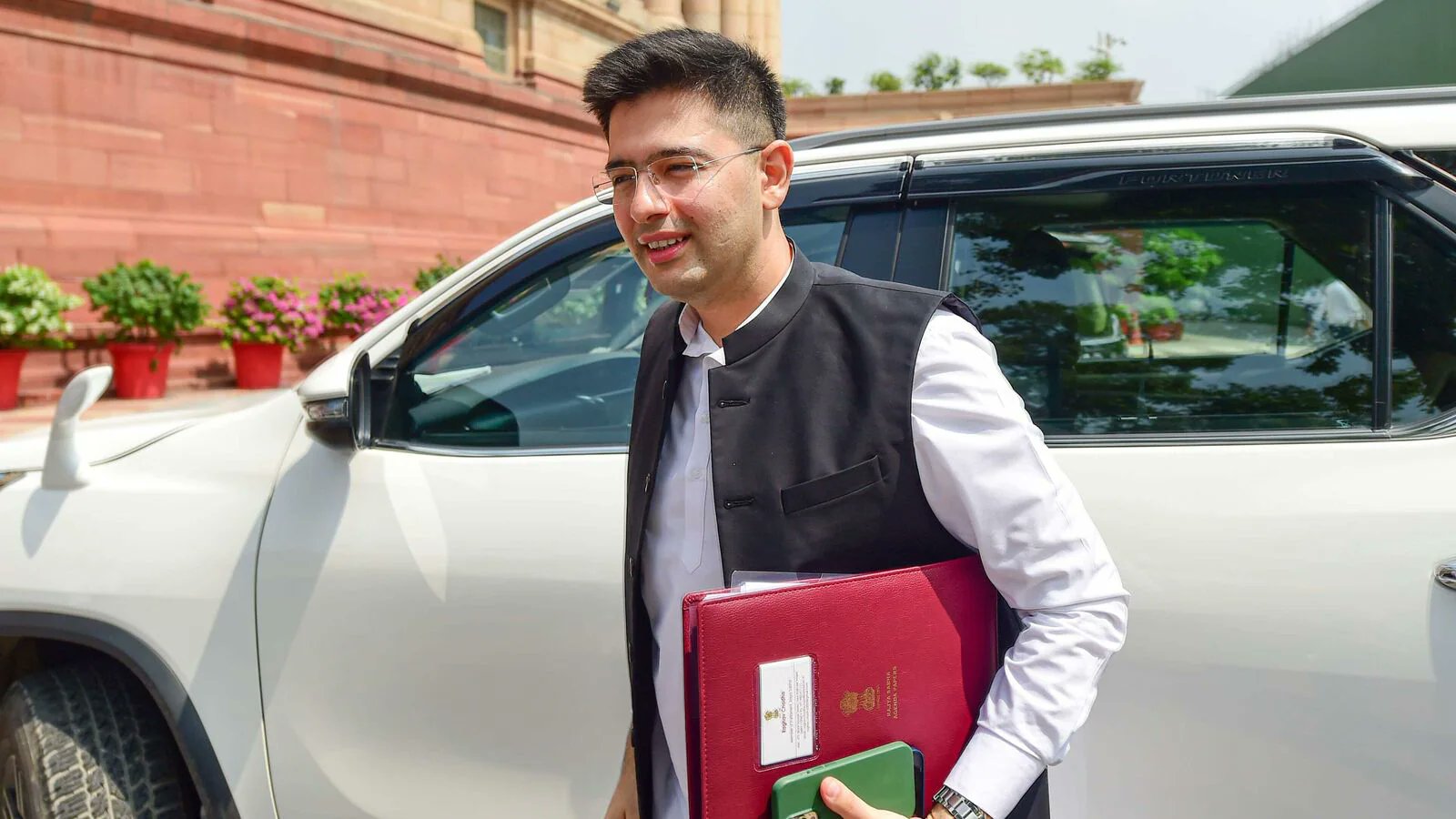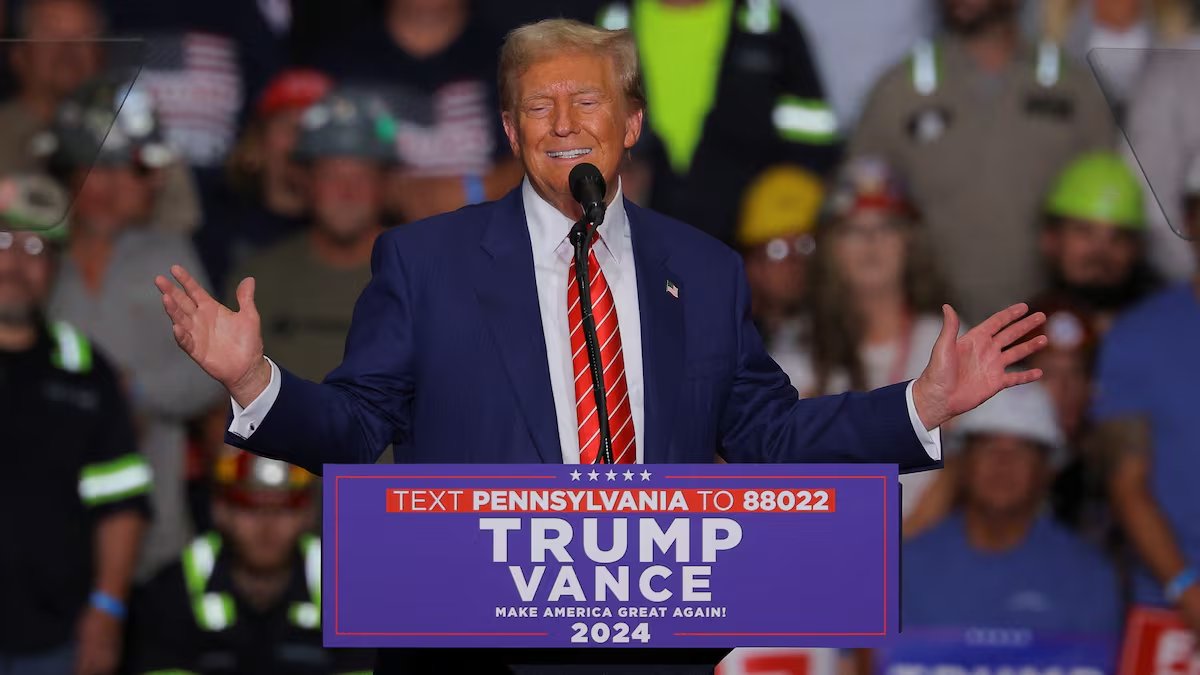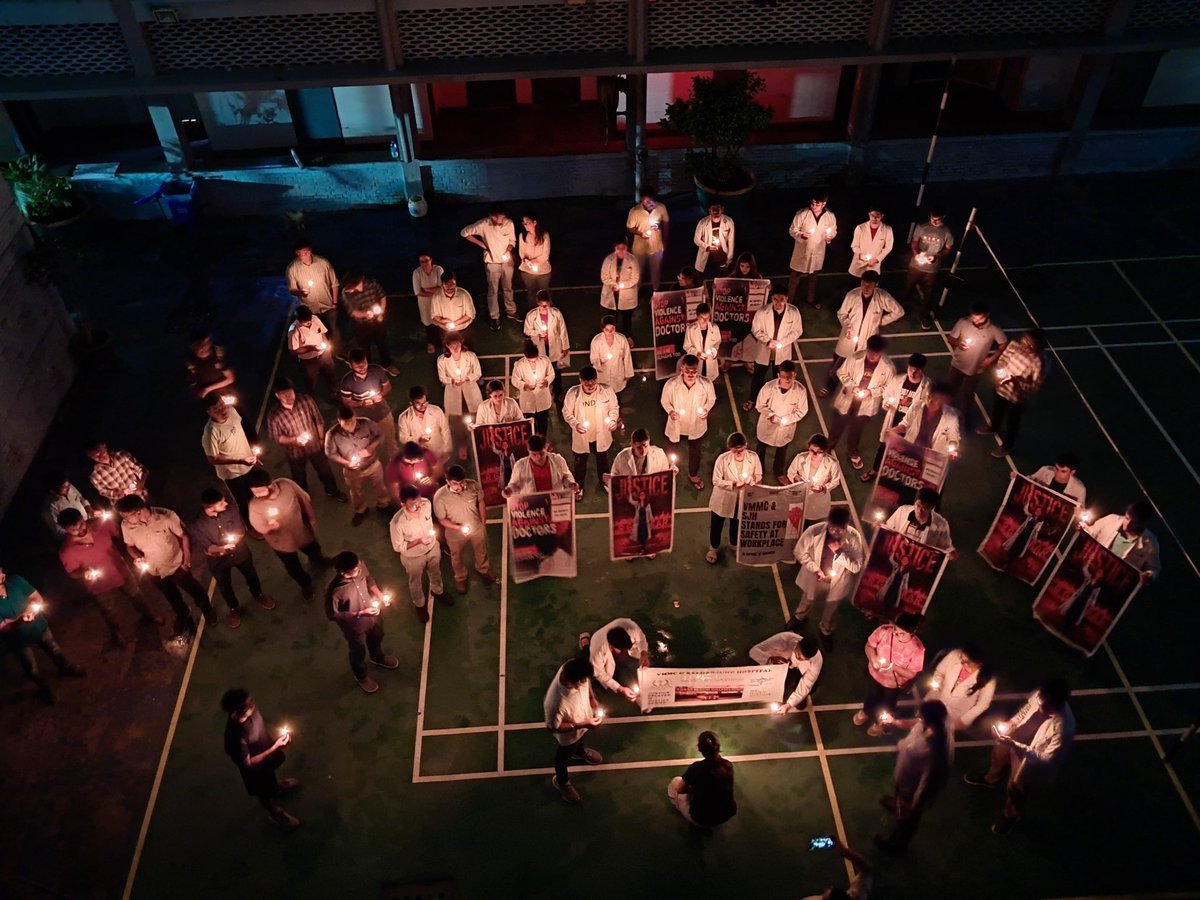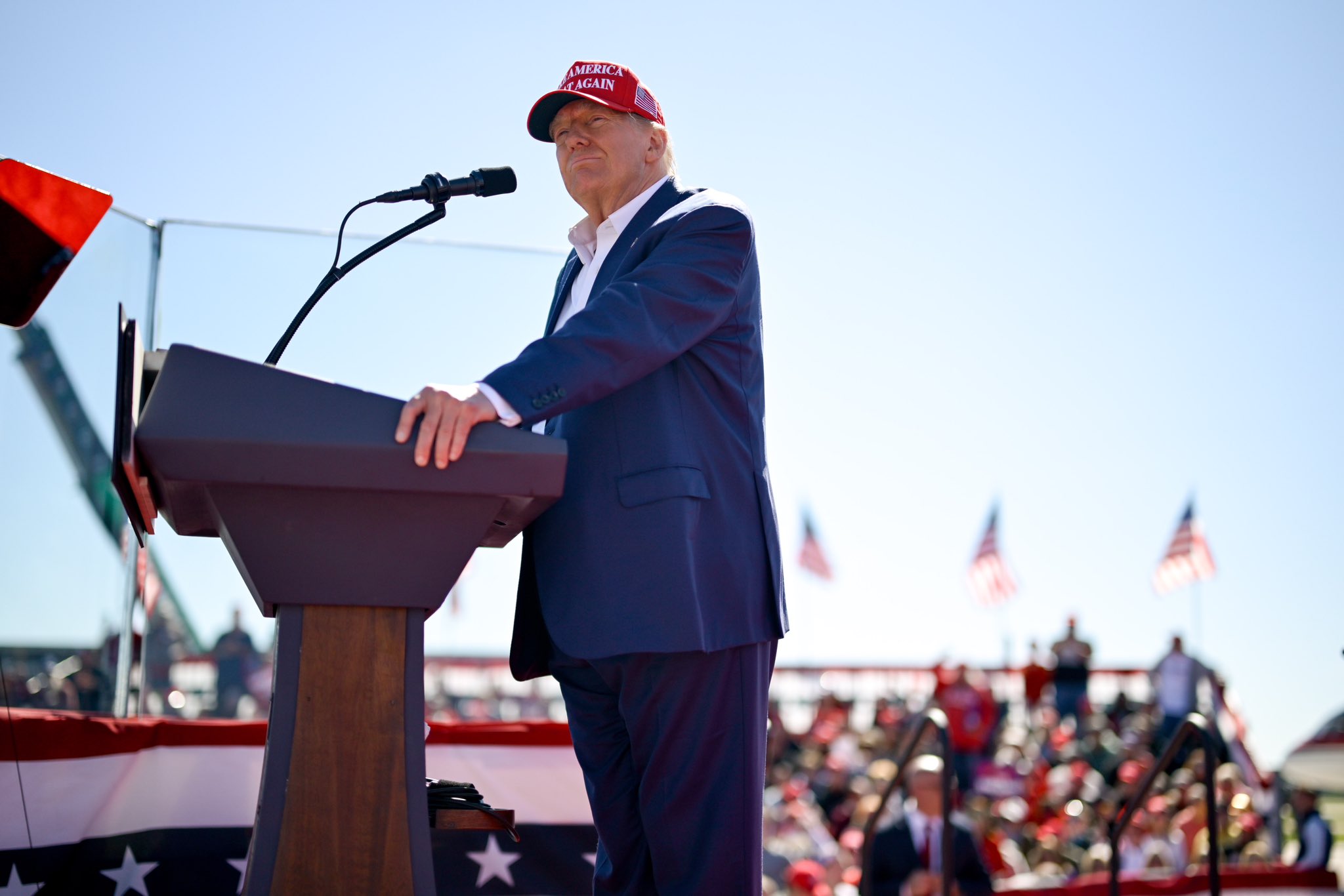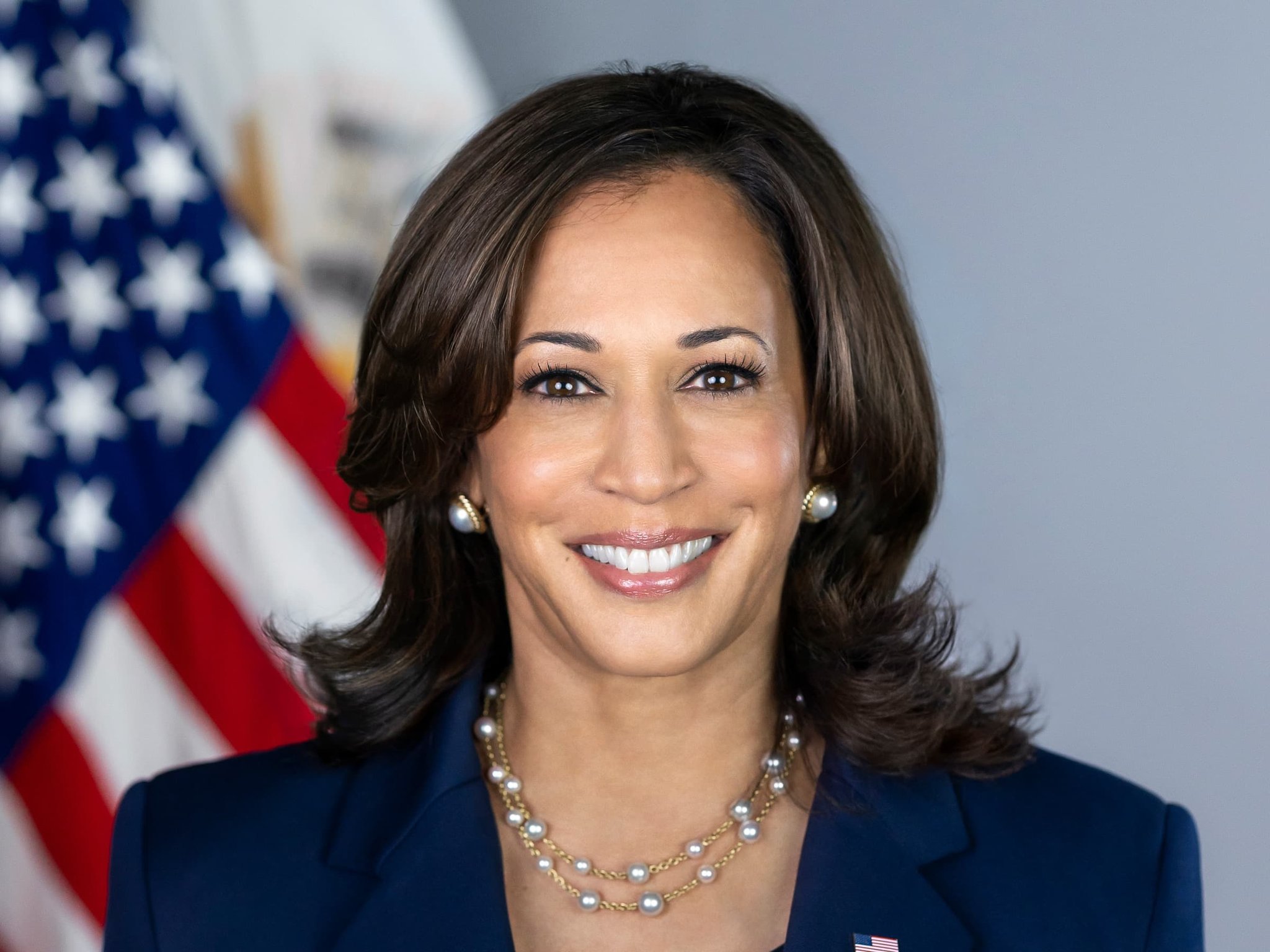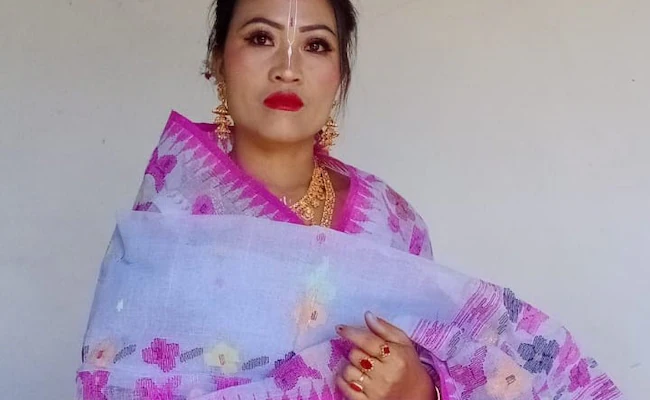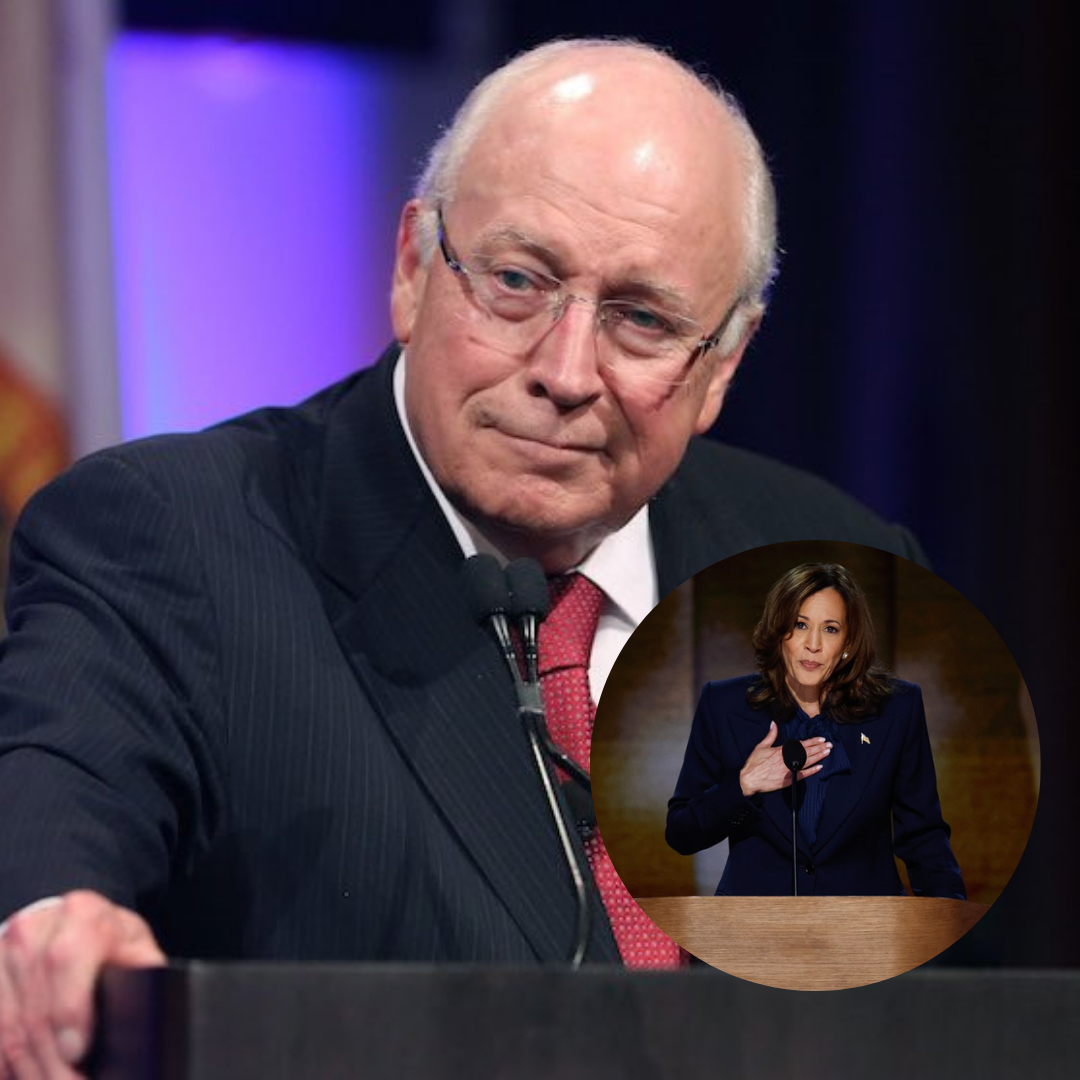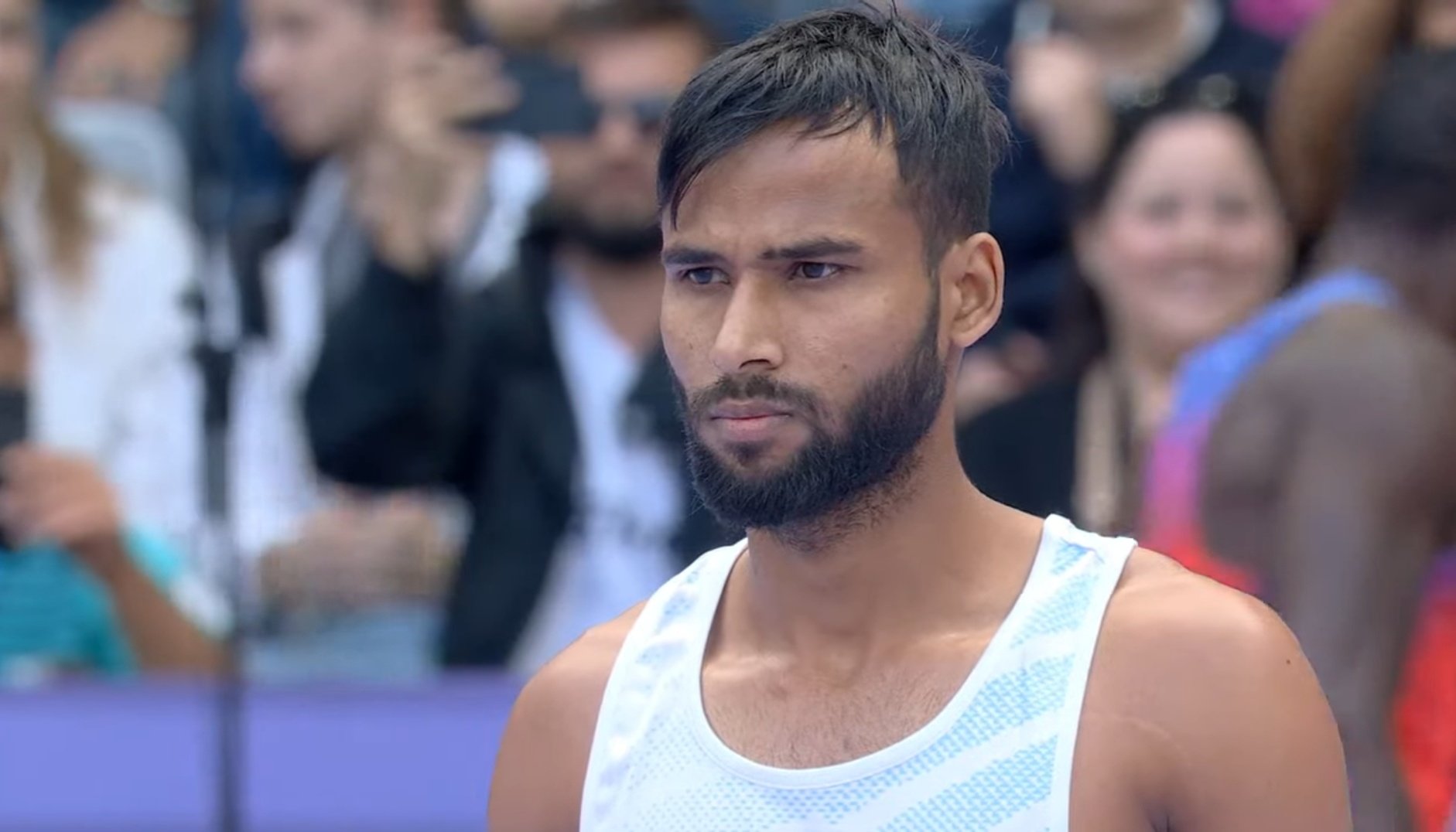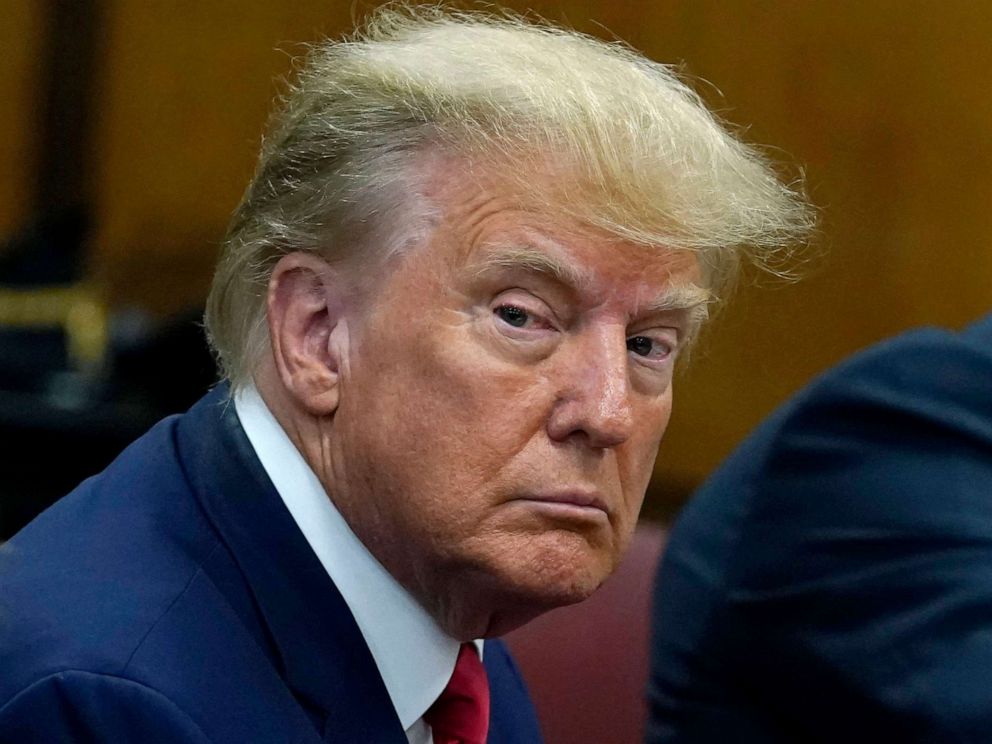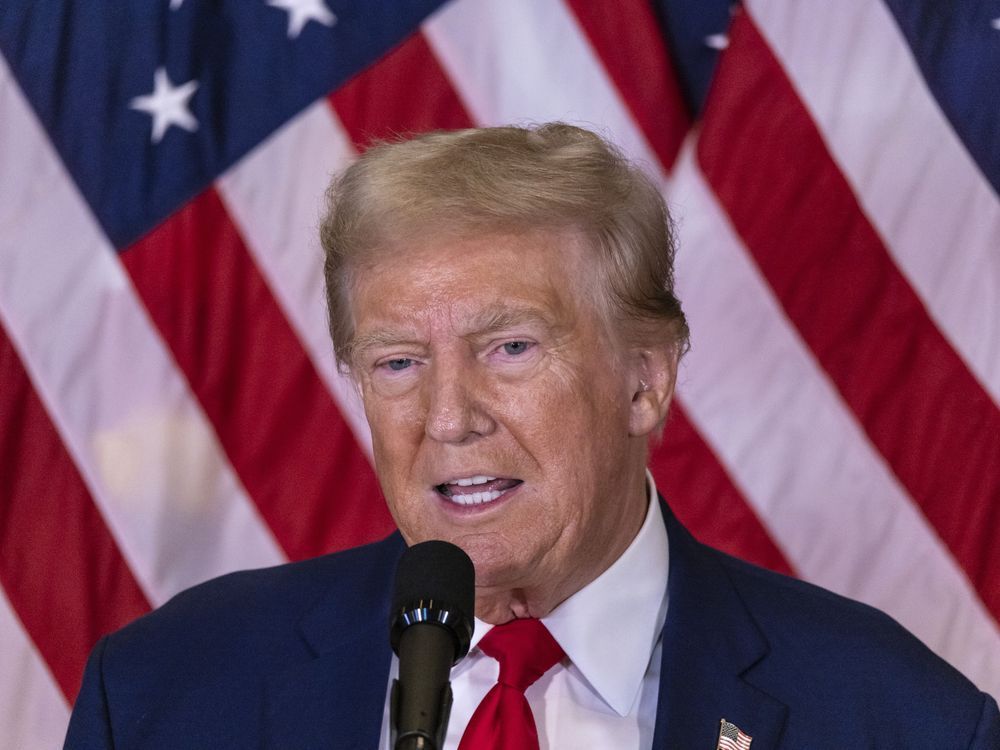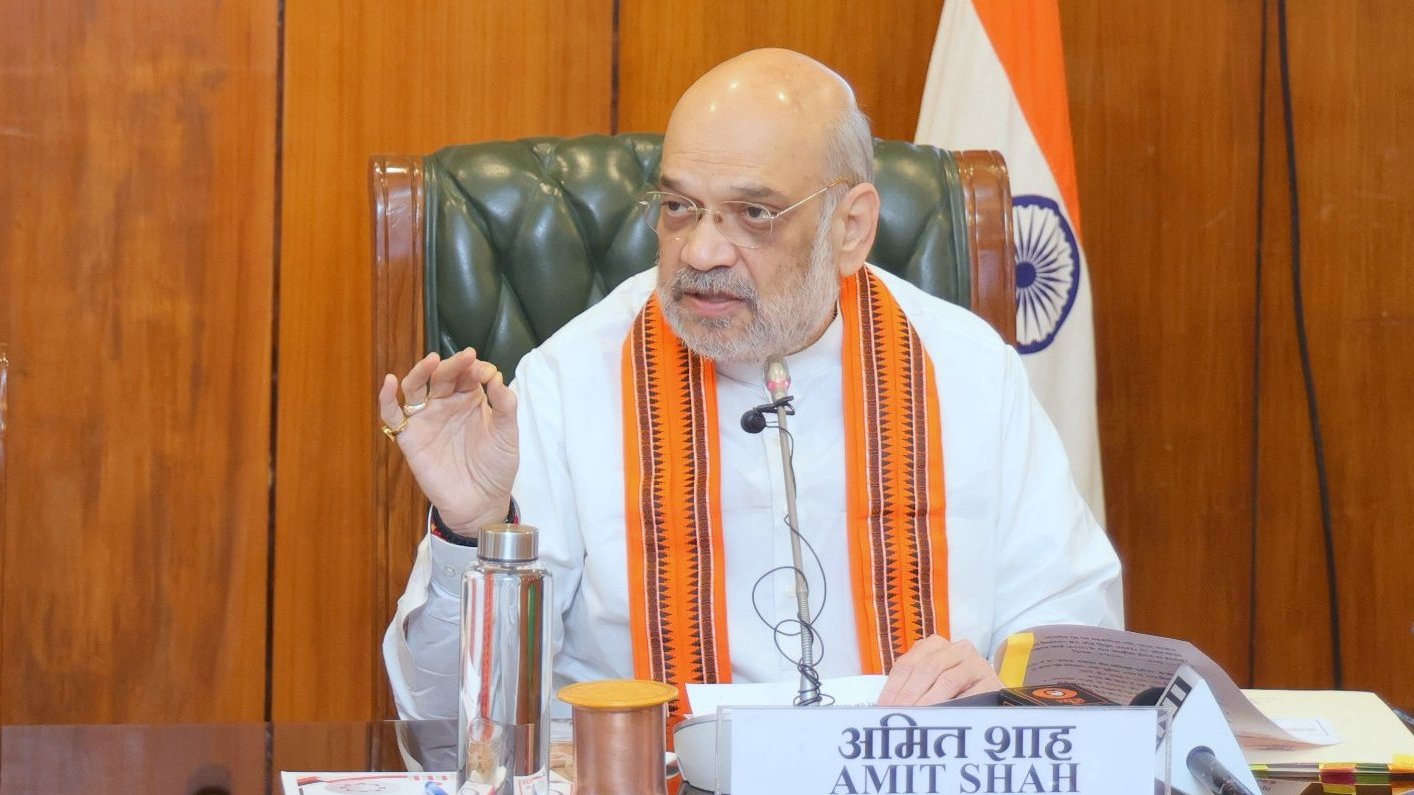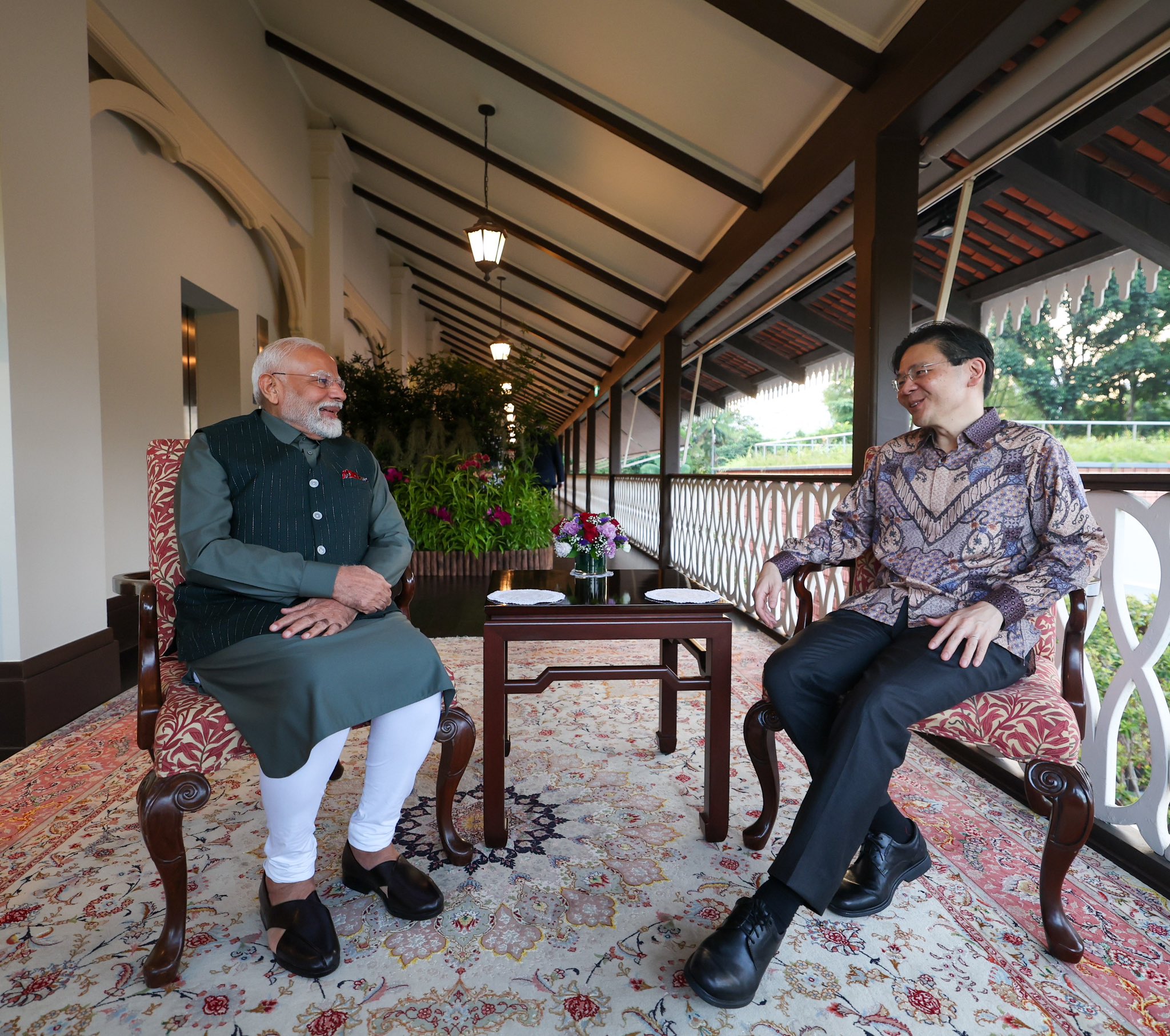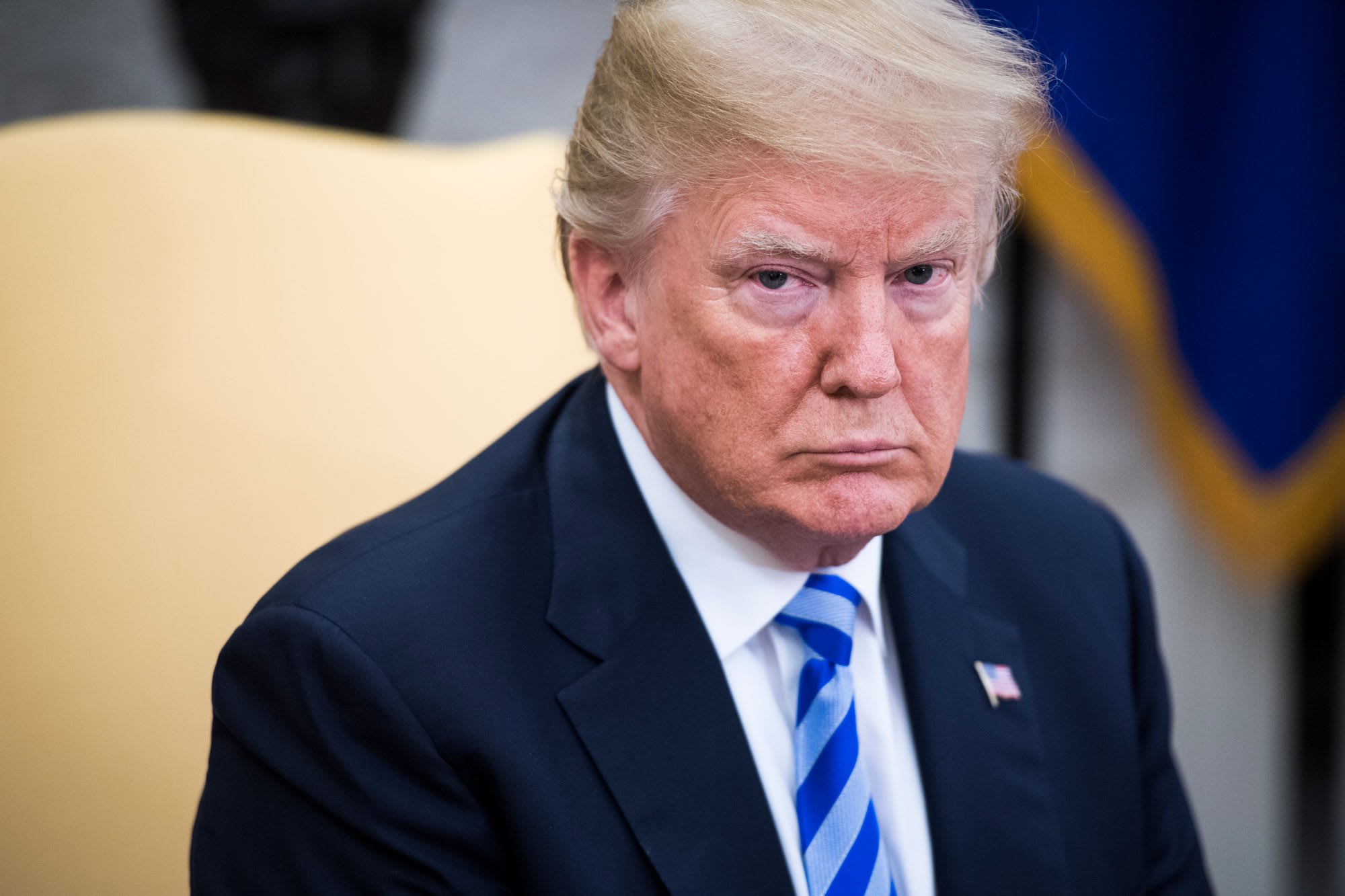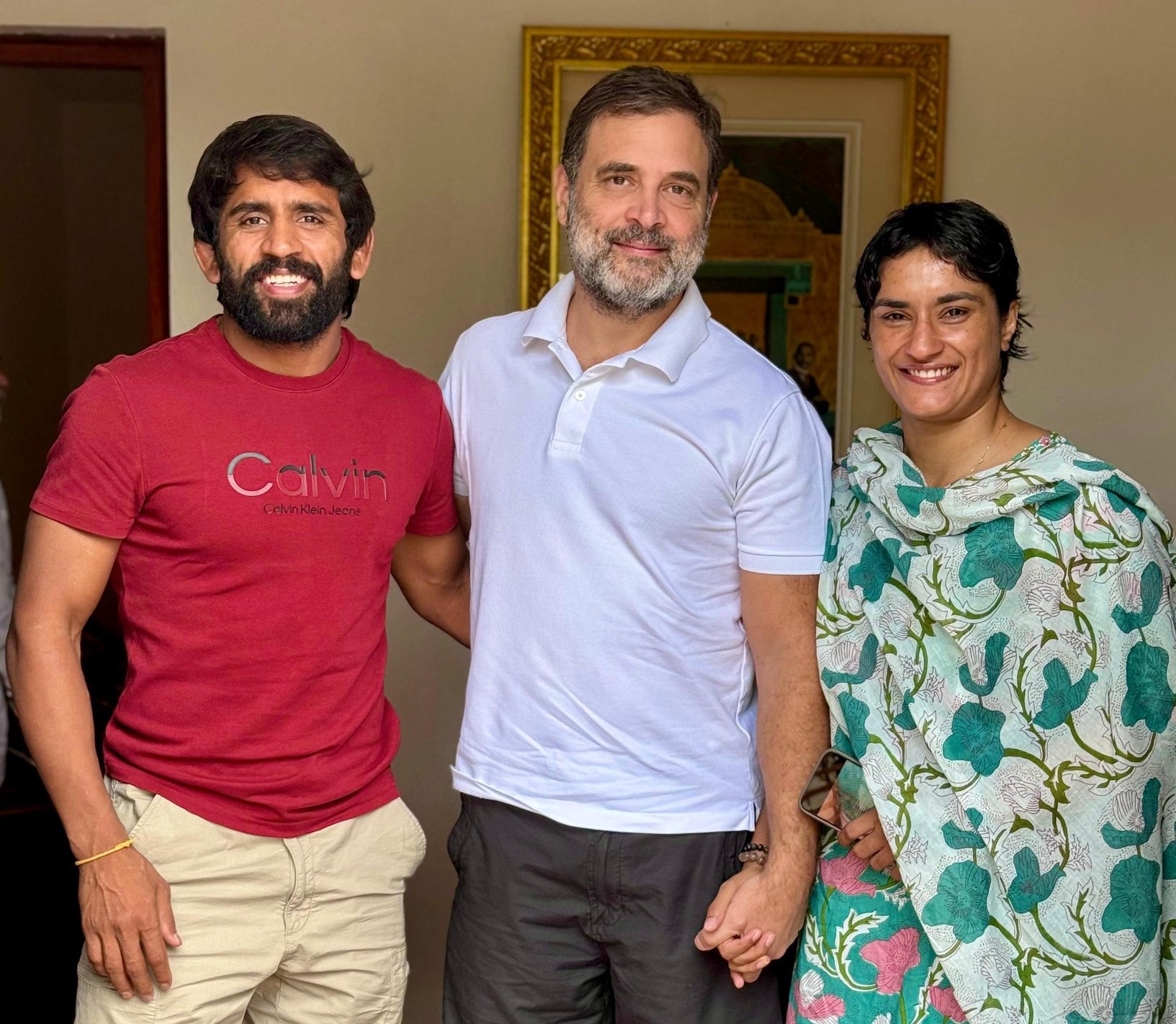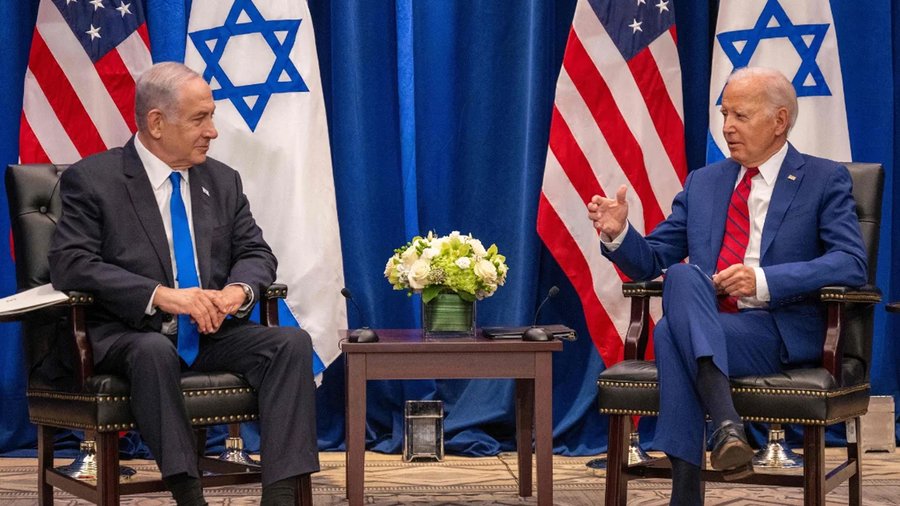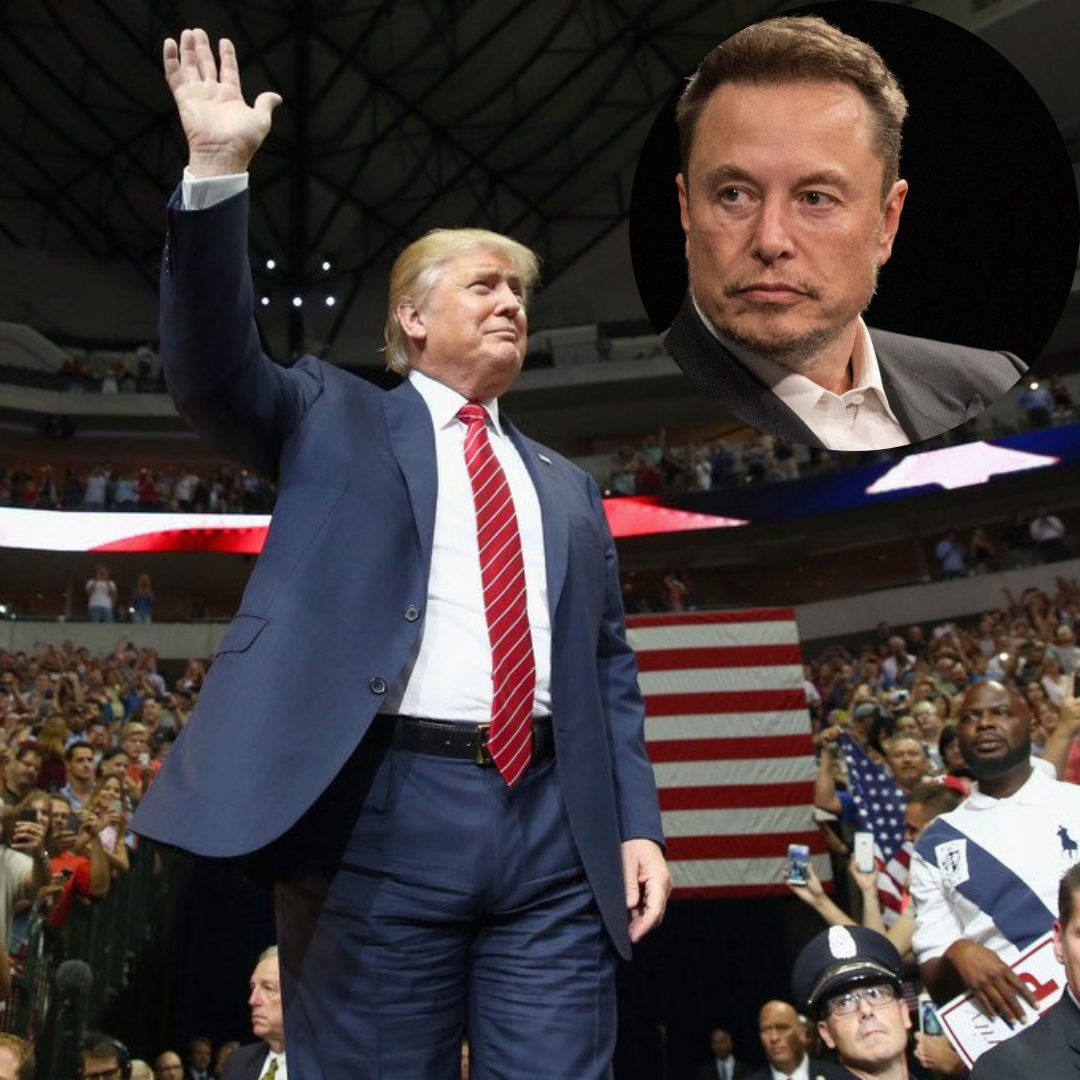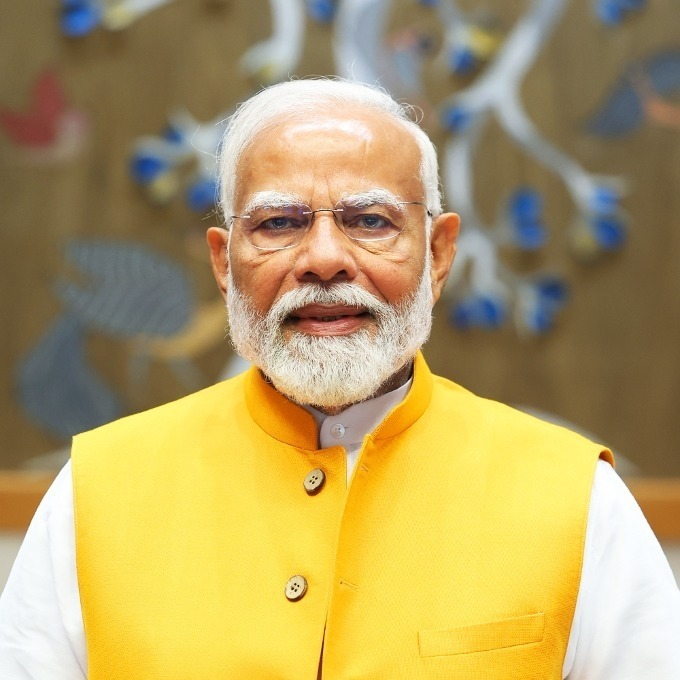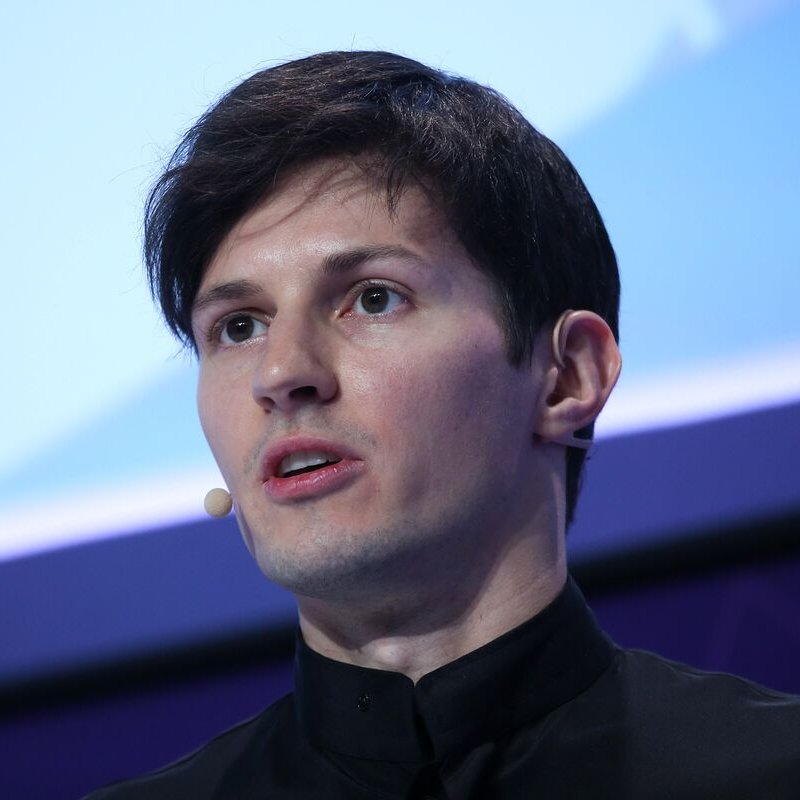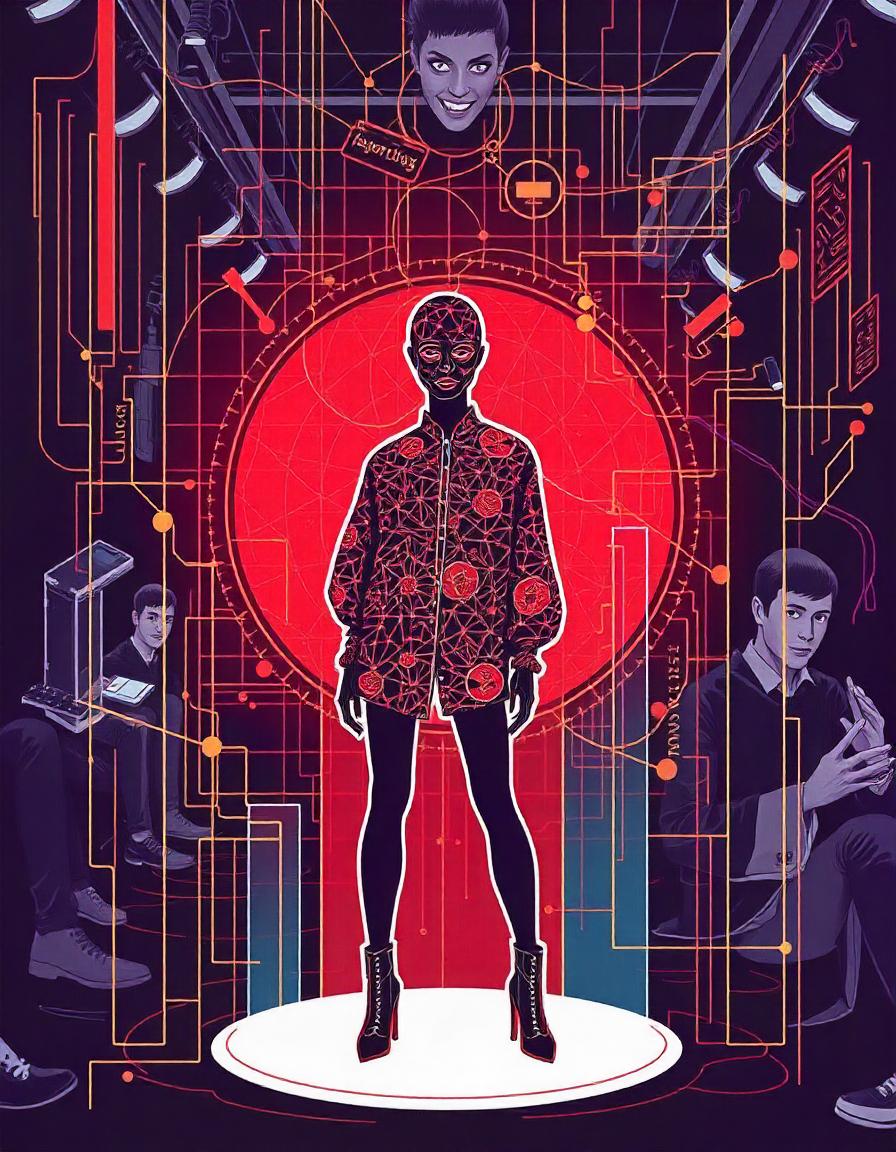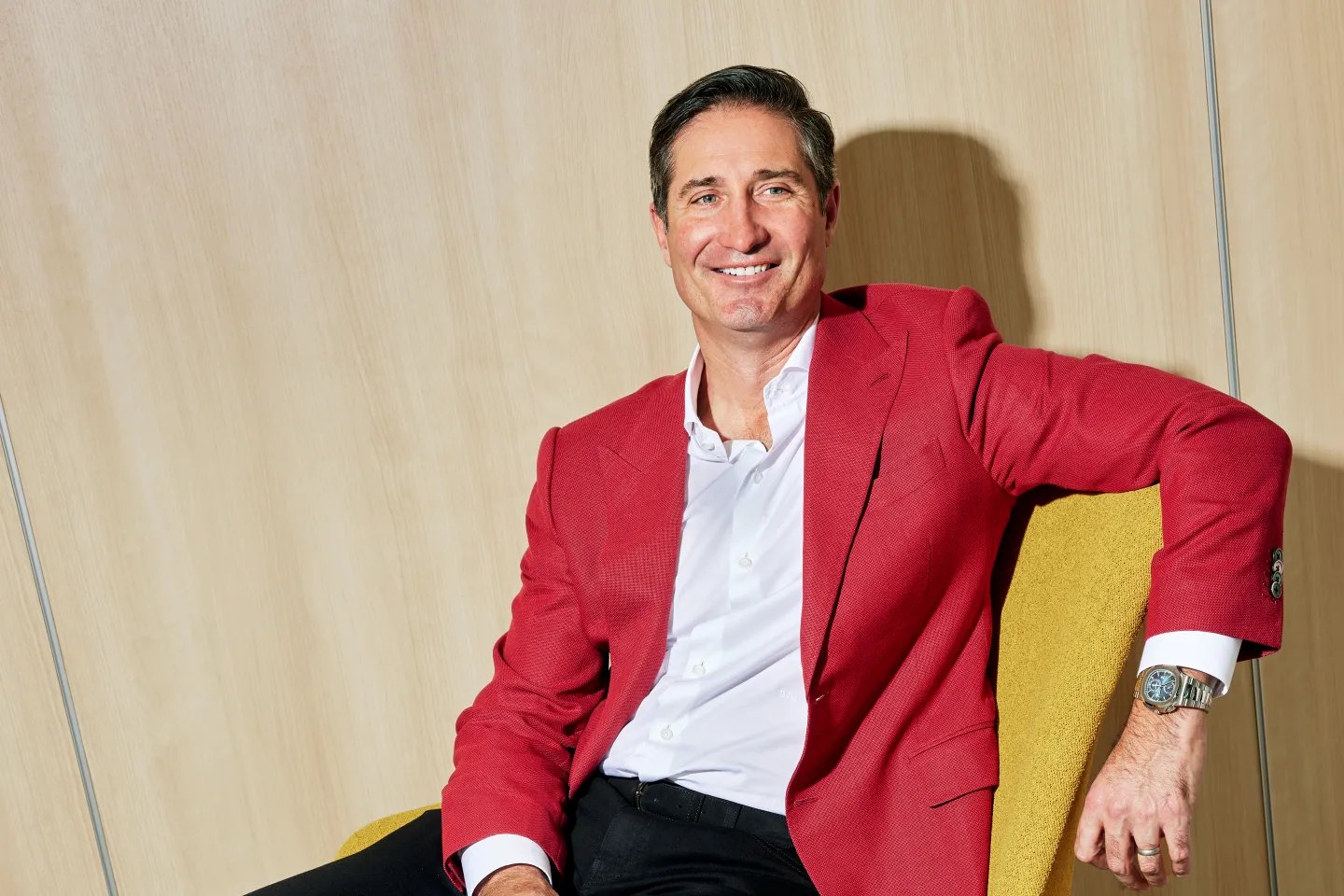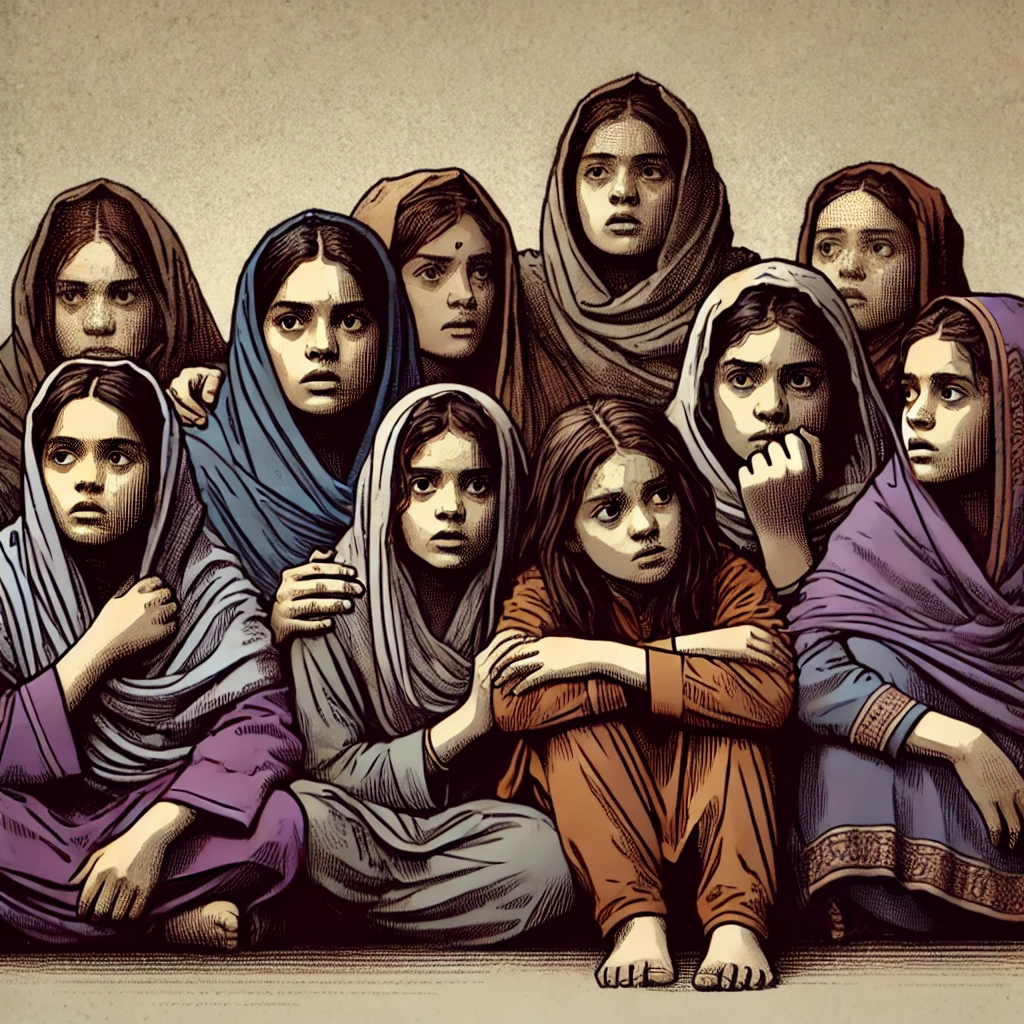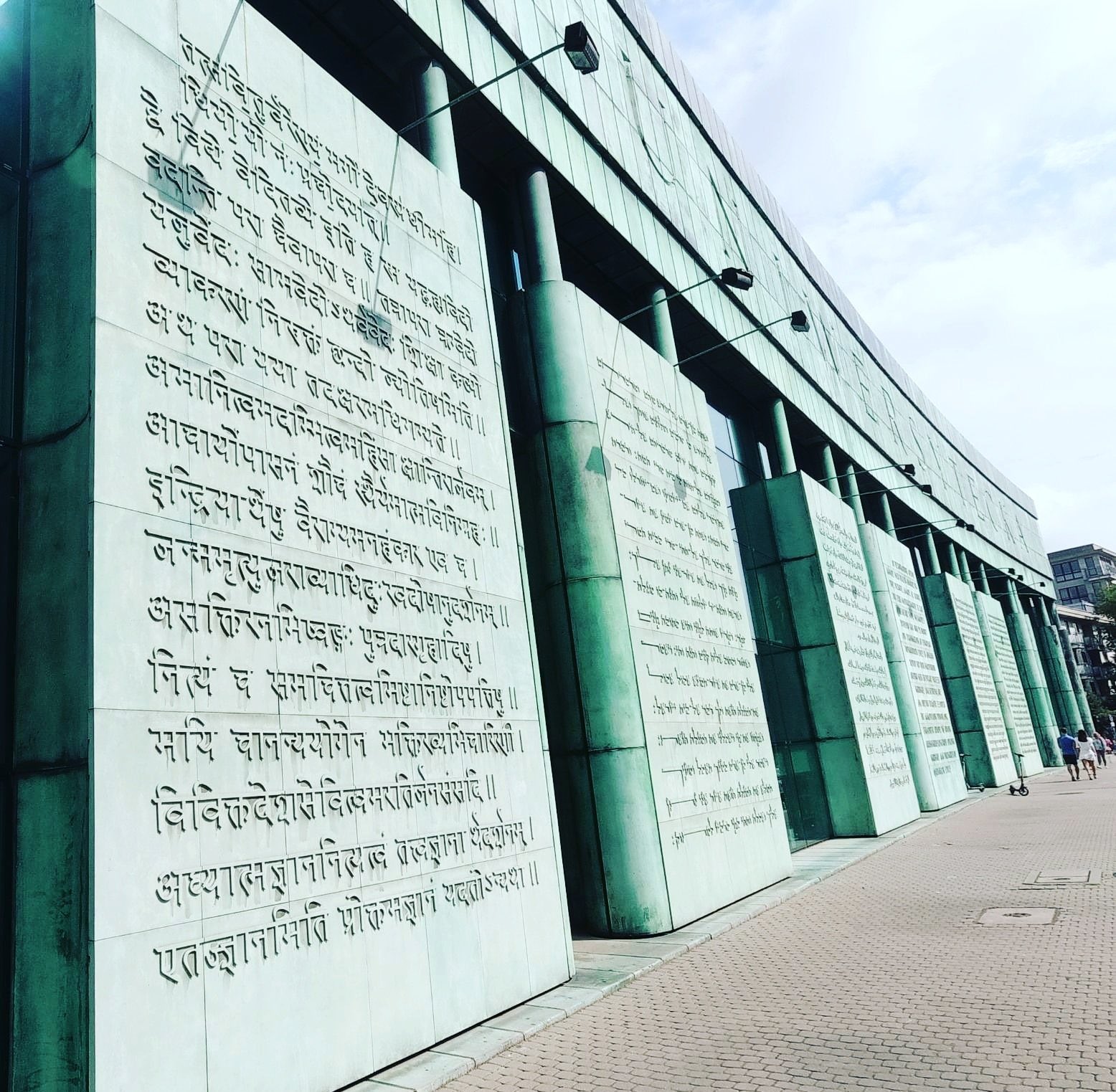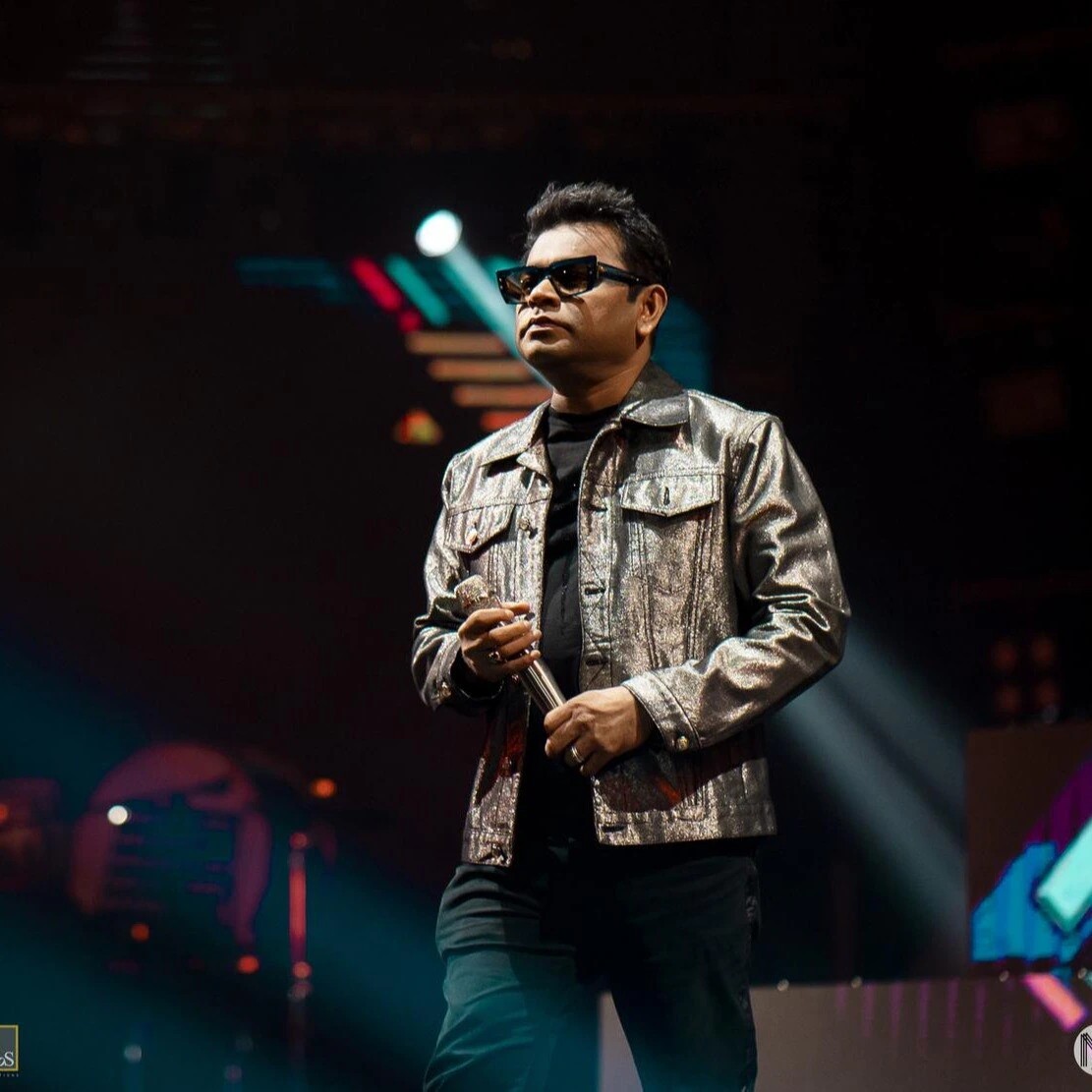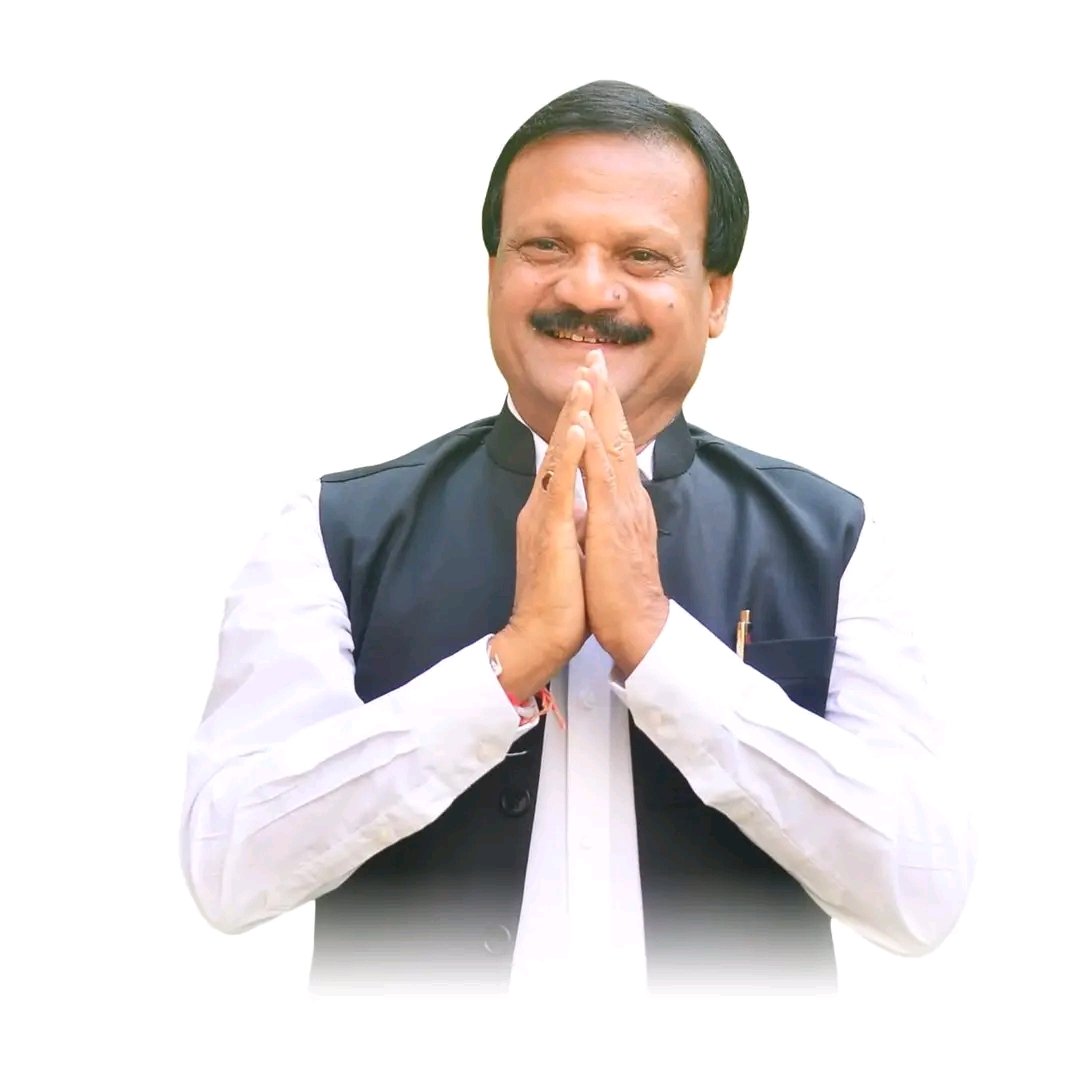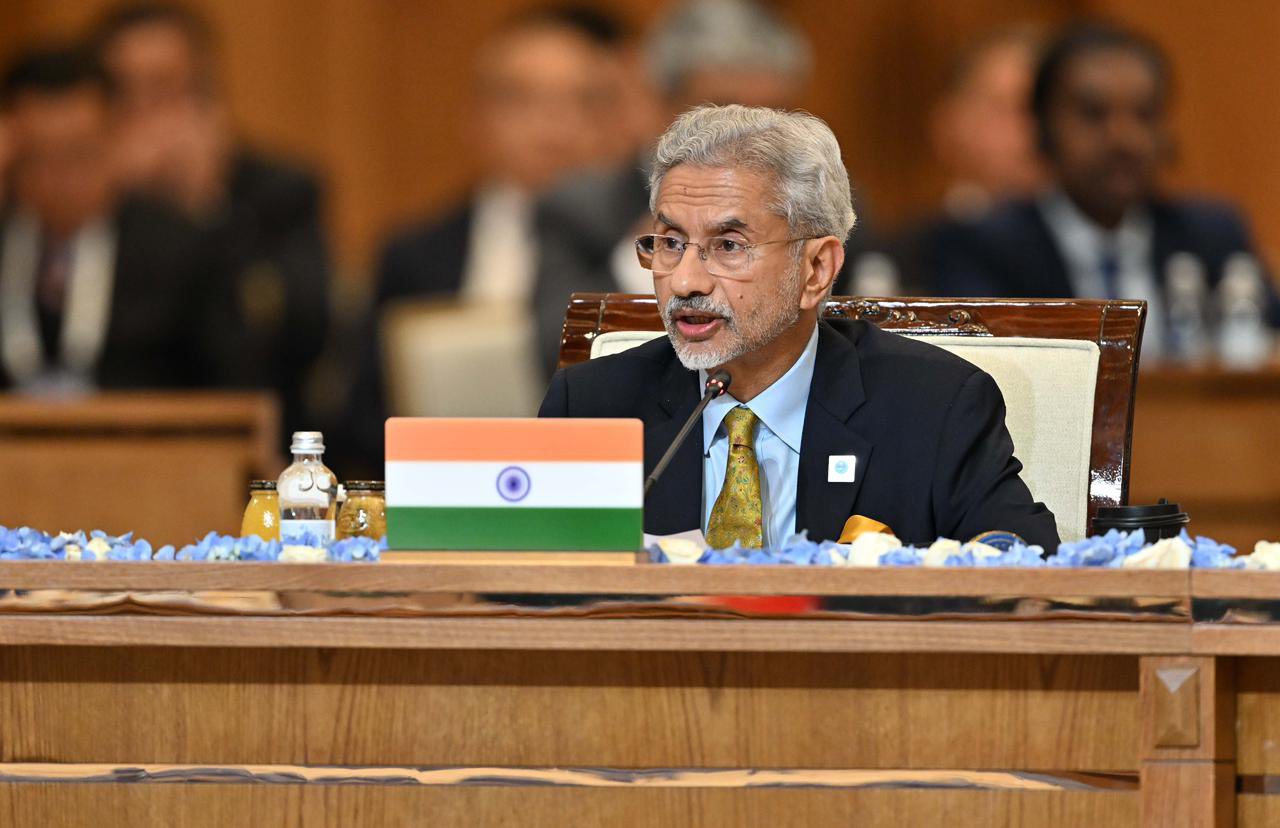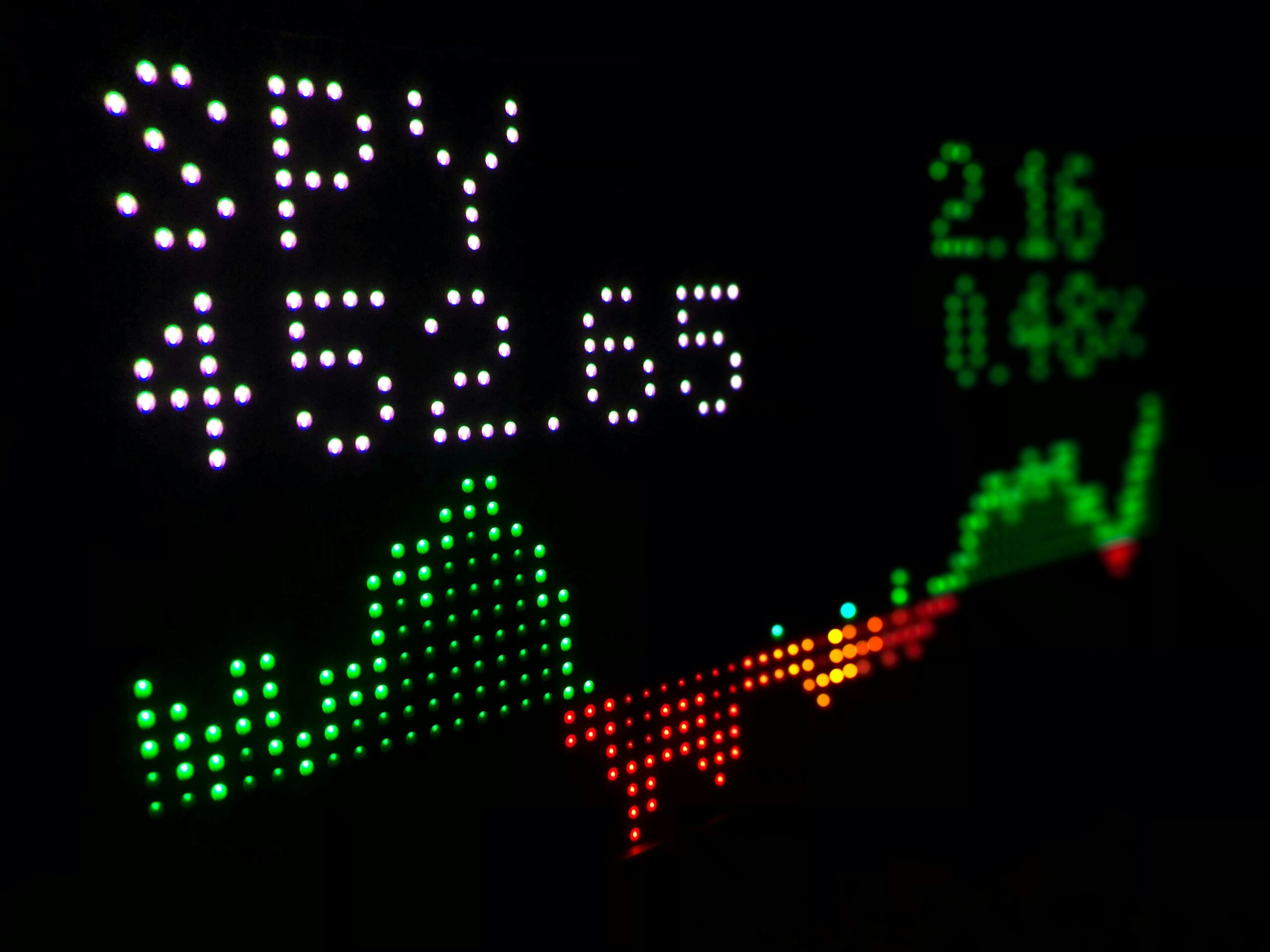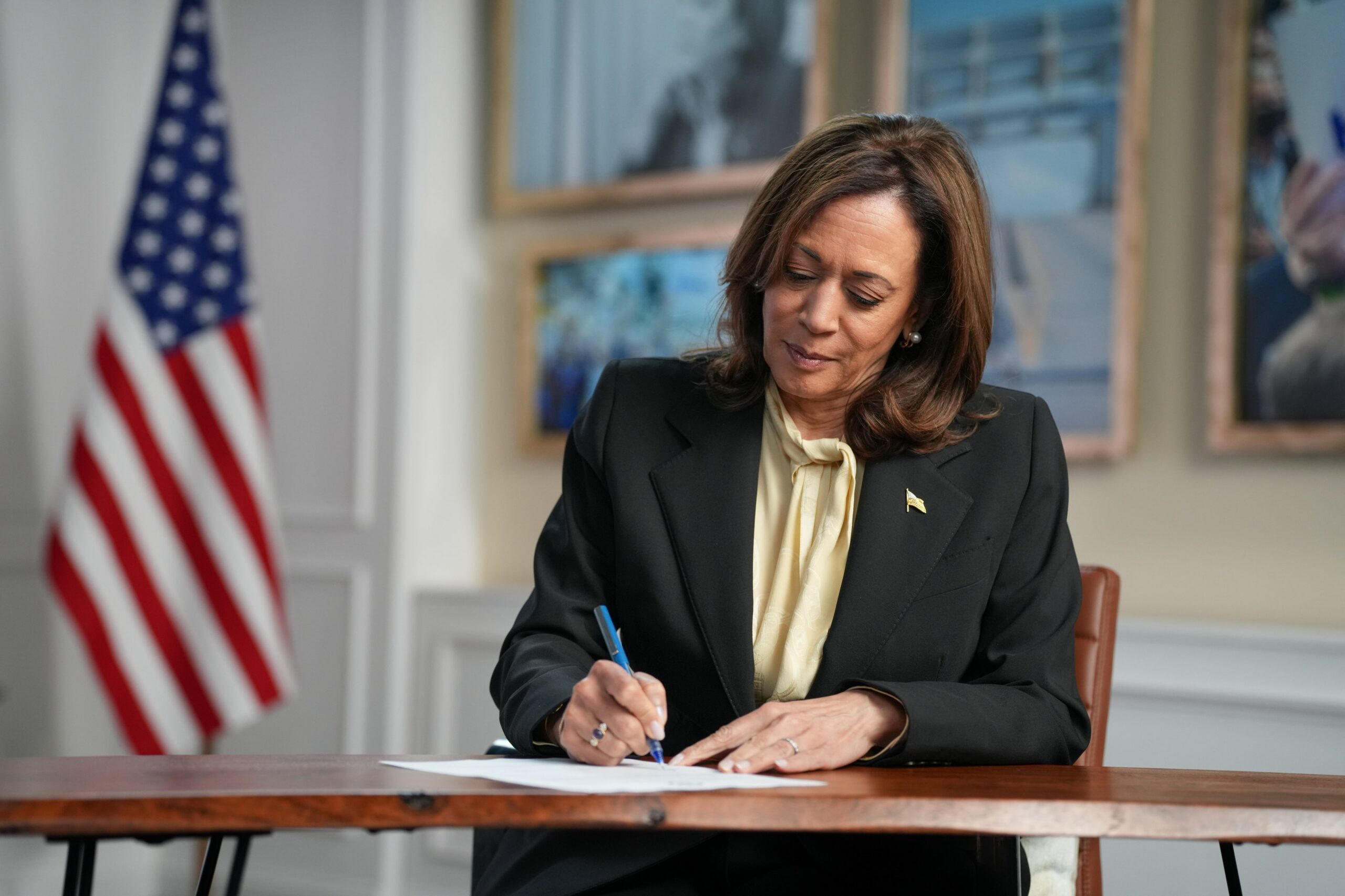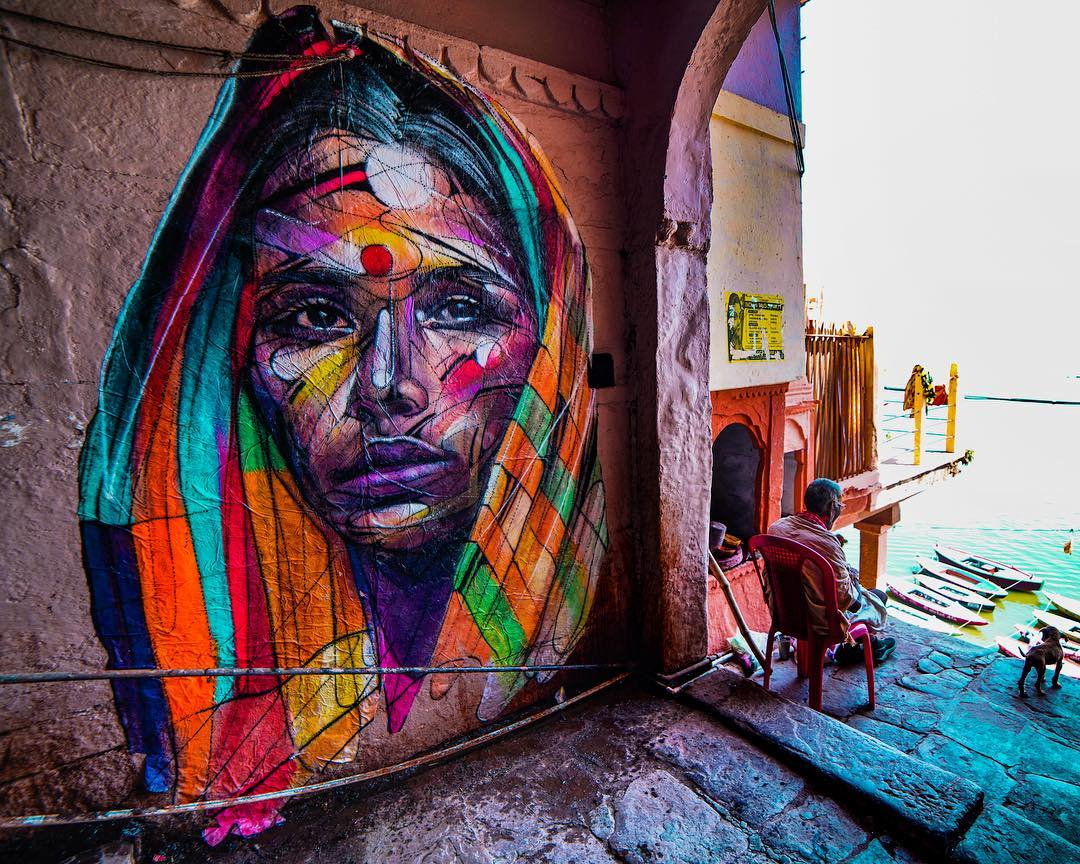Brazil, home to the world’s fifth-largest digital population, has seen one of its most popular social networks, X (formerly known as Twitter), go offline after the platform’s owner, Elon Musk, refused to comply with local laws. The Supreme Court’s order to block X has left millions of Brazilians unable to access the network, marking the climax of a politically charged struggle between the right-wing tech billionaire and the country’s judiciary.
X Goes Dark in Brazil
On Saturday morning, millions of X users in Brazil were met with a sudden blackout as internet providers and mobile phone companies began enforcing the Supreme Court’s order to block the platform. Users attempting to access X on their devices were greeted with messages indicating a loss of connectivity. This unprecedented move has left many Brazilian social media enthusiasts in a lurch, forcing them to find alternative platforms to continue their online activities.
Brazil, with its over 22 million X users, represents a significant portion of the platform’s global user base. The sudden disappearance of X from the digital landscape in Brazil sent shockwaves through the country, particularly among political commentators, influencers, and everyday users who relied on the network for communication and news.
The Rise of Bluesky
In the wake of X’s blackout, many Brazilians turned to Bluesky, a rival social media platform that has seen a surge in new users since the ban. Bluesky reported gaining 500,000 new users in just two days, many of whom were fleeing X’s forced exile. The platform, founded as an alternative to traditional social networks, welcomed the influx of Brazilian users with a cheerful message in Portuguese: “Welcome to Bluesky!”
Among those migrating to Bluesky was Felipe Neto, one of Brazil’s most prominent social media influencers, who boasts over 17 million followers on X. Neto emphasized the importance of respecting local laws when operating in foreign countries. “Don’t forget, when you go to another country, you’re obliged to follow its legislation, even if you disagree with it,” he posted on Bluesky, echoing the sentiments of many progressive Brazilians who supported the court’s decision to block X.
A Battle Between the Supreme Court and Elon Musk
The ban on X is the culmination of a months-long struggle between Brazil’s Supreme Court and Elon Musk, who has positioned himself as a defender of free speech, often at odds with governments and institutions around the world. The conflict began after Brazil’s January 2023 uprising, when supporters of former far-right president Jair Bolsonaro stormed the capital, Brasília. In the aftermath, Supreme Court judge Alexandre de Moraes initiated efforts to force X to purge far-right voices and misinformation from the platform.
Musk, known for his alignment with right-wing figures such as Bolsonaro and former U.S. President Donald Trump, resisted these efforts. He accused Judge Moraes of attempting to stifle free speech and suppress conservative viewpoints. Musk’s online attacks against Moraes were often personal and crude, reminiscent of his derogatory remarks toward British Prime Minister Keir Starmer during the recent far-right riots in the U.K., which Musk was accused of inflaming through his platform.
Despite the mounting pressure from Brazil’s judiciary, Musk refused to comply with the court’s orders. The situation reached a boiling point when X closed its local office in mid-August, leaving the platform without legal representation in Brazil. The Supreme Court responded by giving Musk a 24-hour deadline to appoint a new legal representative, a demand that Musk ignored.
Supreme Court Orders the Ban
On Friday, Judge Alexandre de Moraes issued a ruling ordering the immediate blocking of X in Brazil. In his statement, Moraes accused X of treating the platform as a “no man’s land – a veritable land without law,” where misinformation, hate speech, and anti-democratic rhetoric were allowed to thrive unchecked. Moraes cited the “massive propagation” of harmful content on X as a justification for the ban, asserting that the platform posed a threat to the country’s democratic institutions.
Shortly after the ruling, Brazilian X users began noticing the platform’s sudden disappearance. By midnight local time, the blackout was complete, and millions of users found themselves cut off from the network they had long relied on.
Musk’s Response: Defiance and Insults
True to form, Elon Musk did not take the ban lightly. In a series of inflammatory posts on X, Musk compared Judge Moraes to the fictional villain “Voldemort” and shared a meme that was widely interpreted as a crude insult. “He is a dictator and a fraud, not a justice,” Musk wrote on X, though his words could no longer be seen by Brazilian users without the use of a virtual private network (VPN).
Musk’s defiance was echoed by prominent right-wing voices in Brazil, many of whom rallied to his side. Nikolas Ferreira, a far-right congressman, expressed his determination to “radicalize” even further, while Musk responded by praising him as a “freedom fighter.” These exchanges highlighted the growing affinity between Brazil’s far-right political figures and Musk, who has increasingly positioned himself as a champion of conservative causes.
Reactions from Brazil’s Left
While Musk and his supporters decried the ban as an attack on free speech, progressive Brazilians celebrated the Supreme Court’s decision as a victory for the rule of law. Left-wing politicians and activists argued that Musk’s actions demonstrated a disregard for Brazil’s sovereignty and legal system.
Erika Hilton, a left-wing congresswoman, took to X in the final hours before the platform’s blackout to express her support for the court’s decision. “If billionaires want to have companies that make billions in these parts, they need to learn to respect the laws. Long live the rule of law and national sovereignty,” she wrote. Shortly after, Hilton announced her move to Bluesky, where she encouraged her followers to join her.
A New Era for Brazilian Social Media?
The banning of X in Brazil marks a significant moment in the ongoing debate over the role of social media platforms in shaping public discourse and their responsibility to comply with local laws. For many Brazilians, the ban represents a wake-up call for tech giants who seek to operate in the country without adhering to its regulations.
As the situation continues to unfold, it remains to be seen whether Elon Musk will attempt to negotiate with Brazil’s Supreme Court to have the ban lifted or if X’s absence from the Brazilian digital landscape will become a permanent reality. In the meantime, platforms like Bluesky are seizing the opportunity to welcome new users and establish themselves as viable alternatives in the ever-evolving world of social media.
Overview
The clash between Elon Musk and Brazil’s Supreme Court is a stark reminder of the challenges tech companies face when navigating the complex legal and political landscapes of the countries in which they operate. As the ban on X continues, millions of Brazilian users are left grappling with the implications of this decision, while the world watches to see what happens next in this high-stakes battle between a billionaire tech mogul and one of Latin America’s most powerful judicial bodies.


